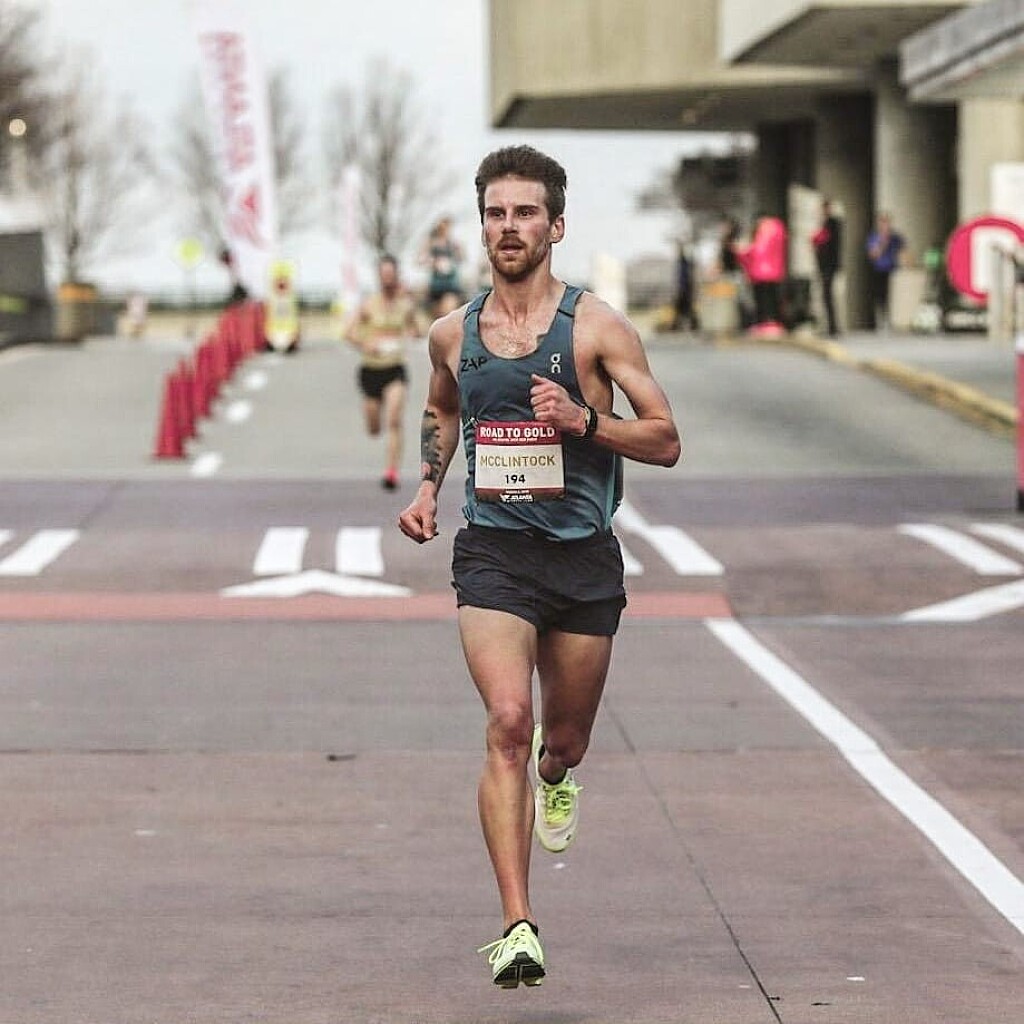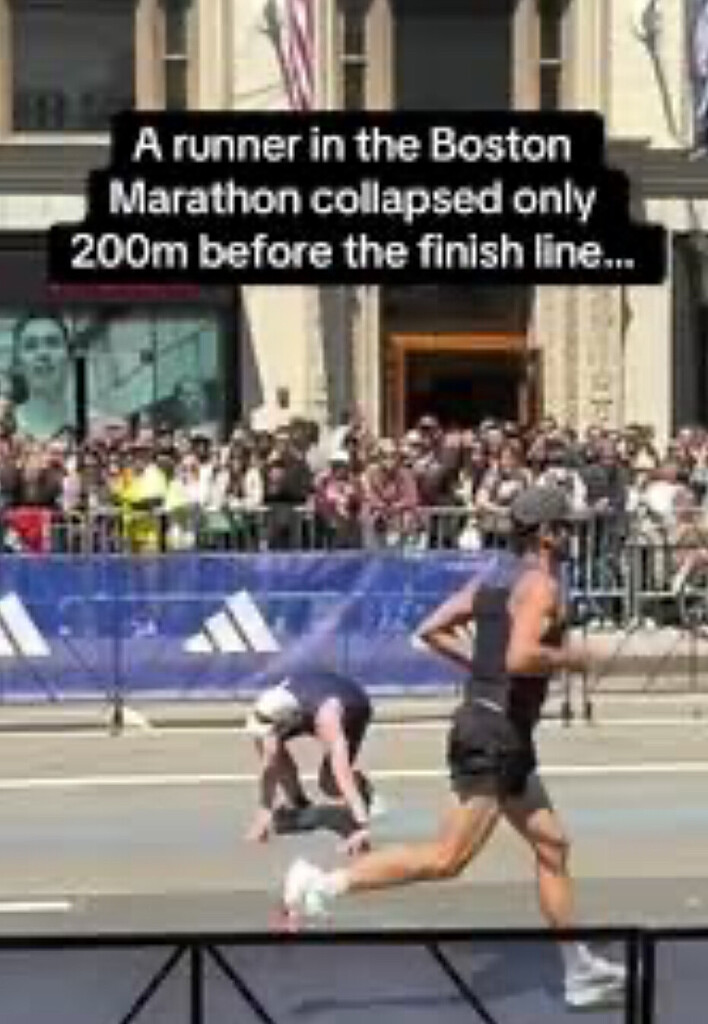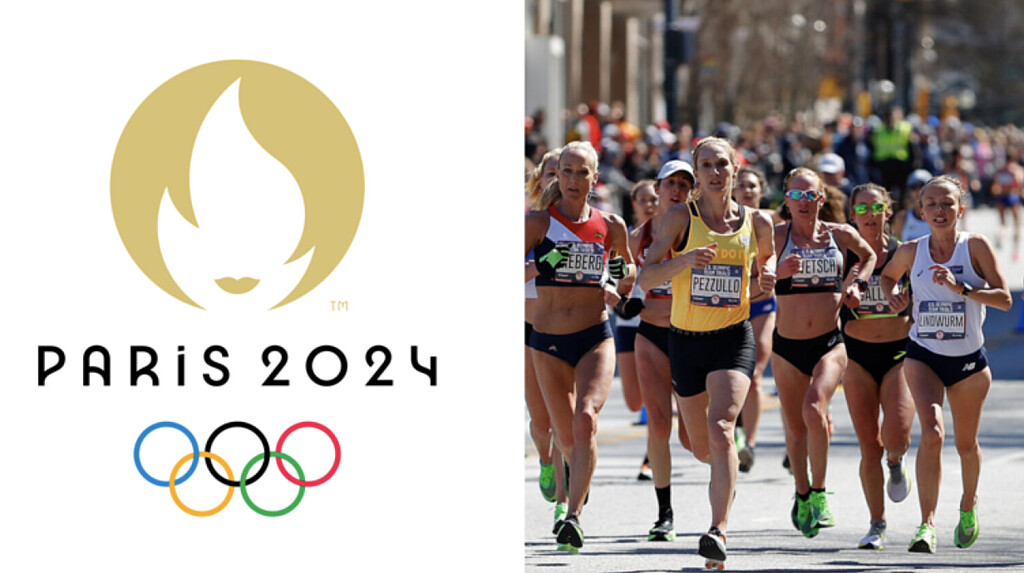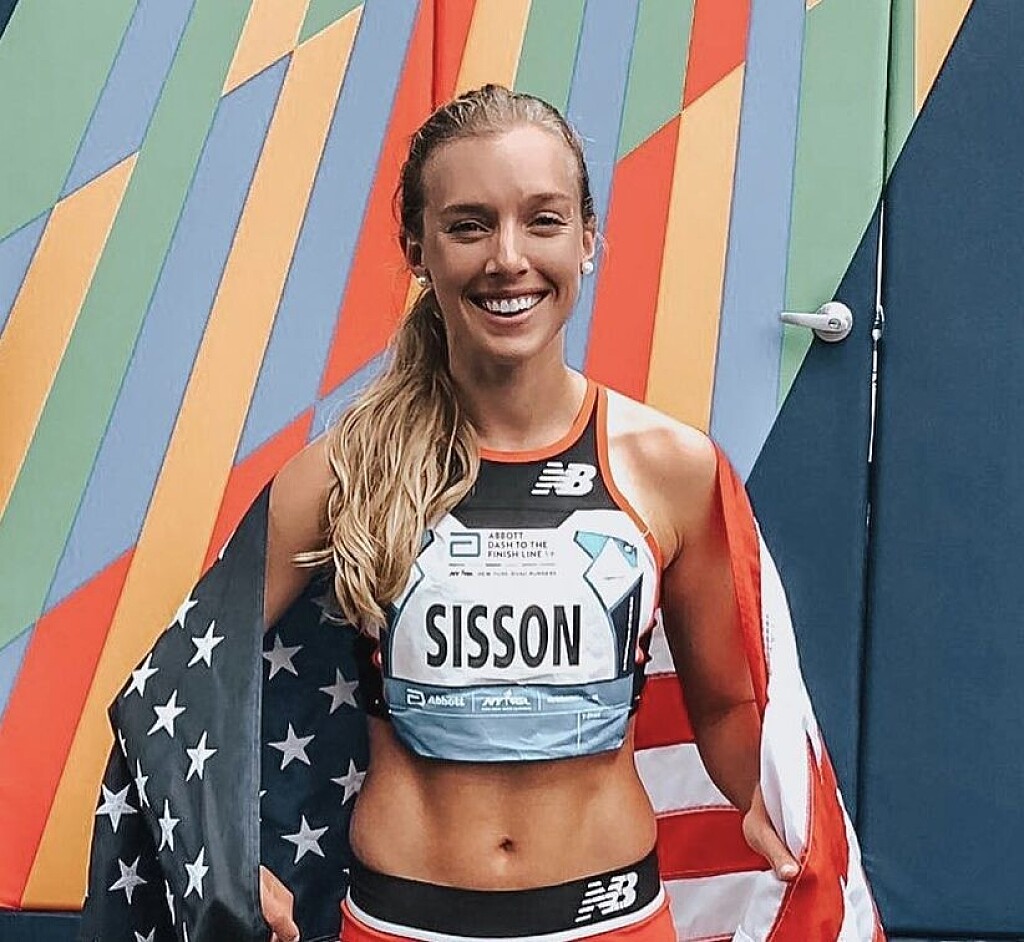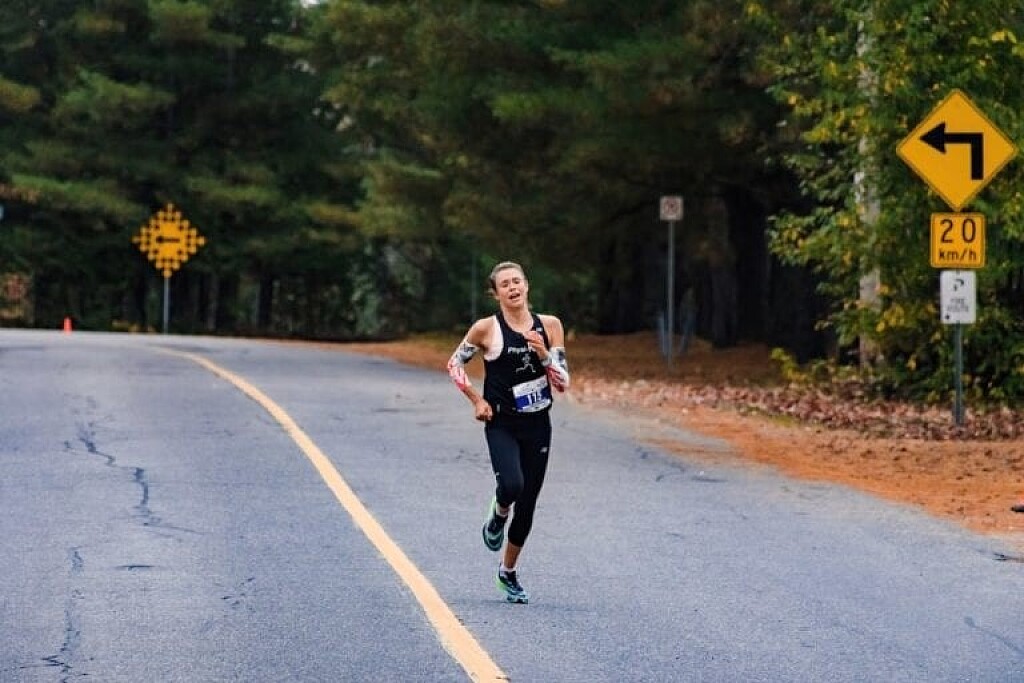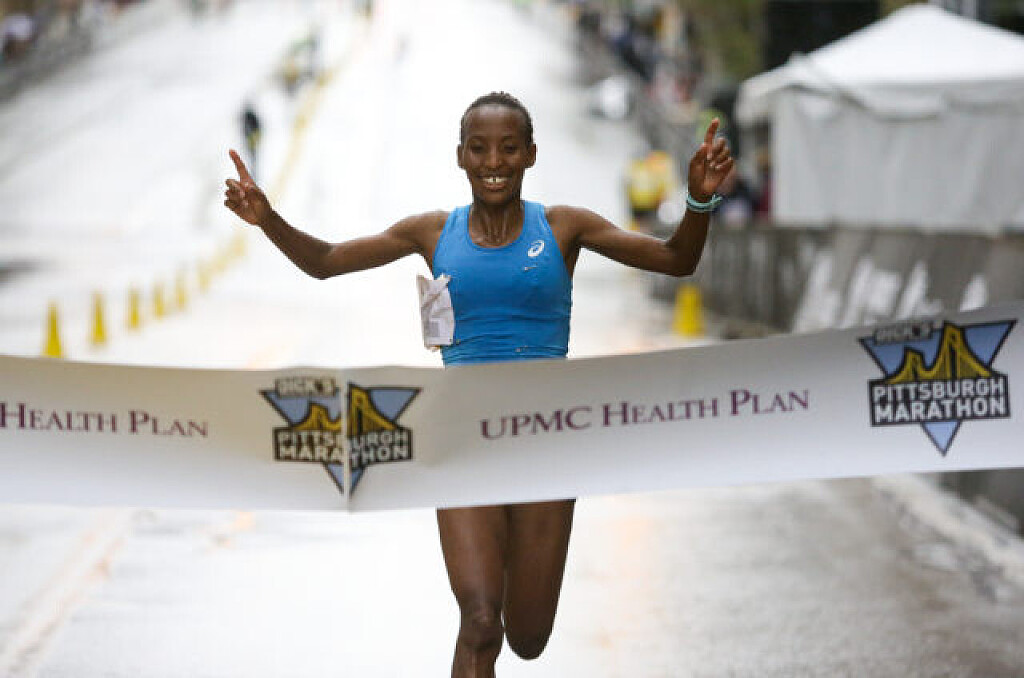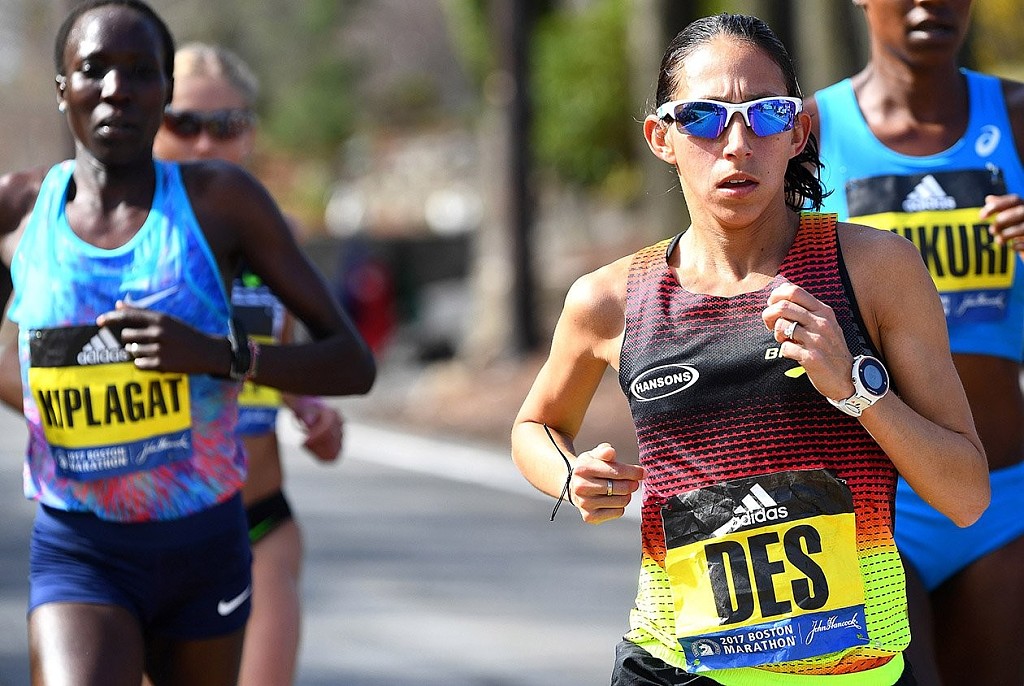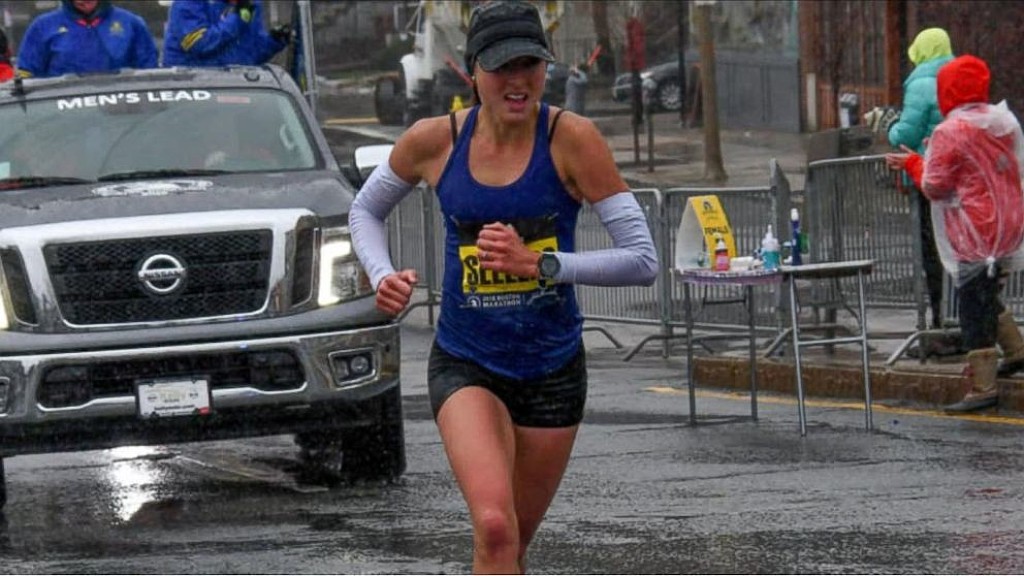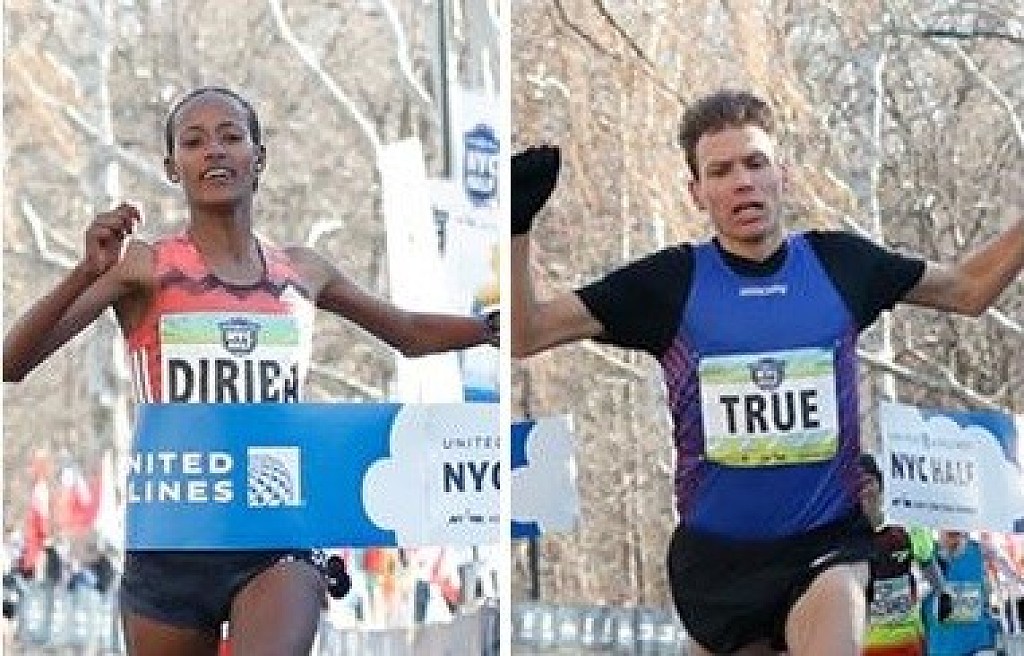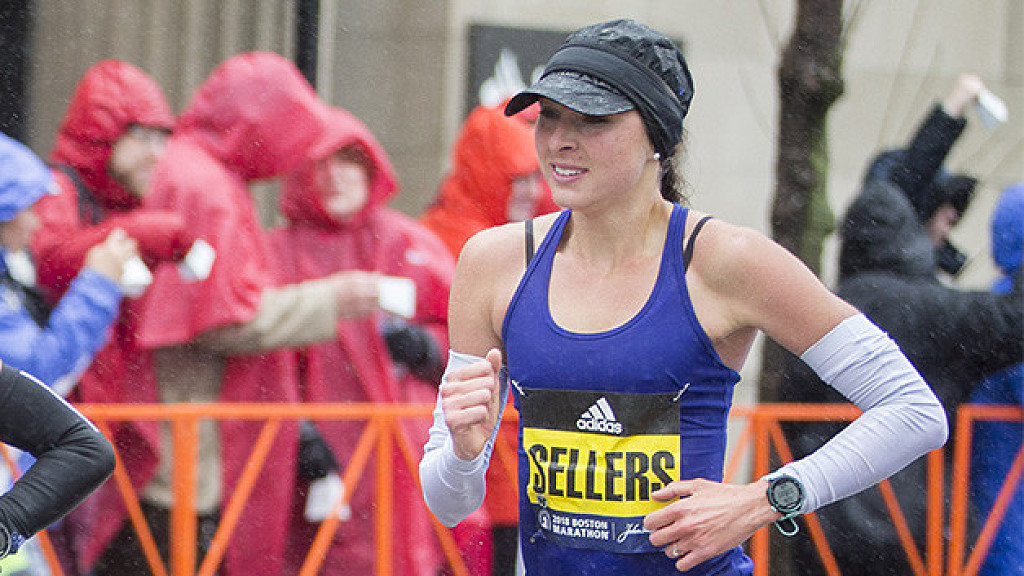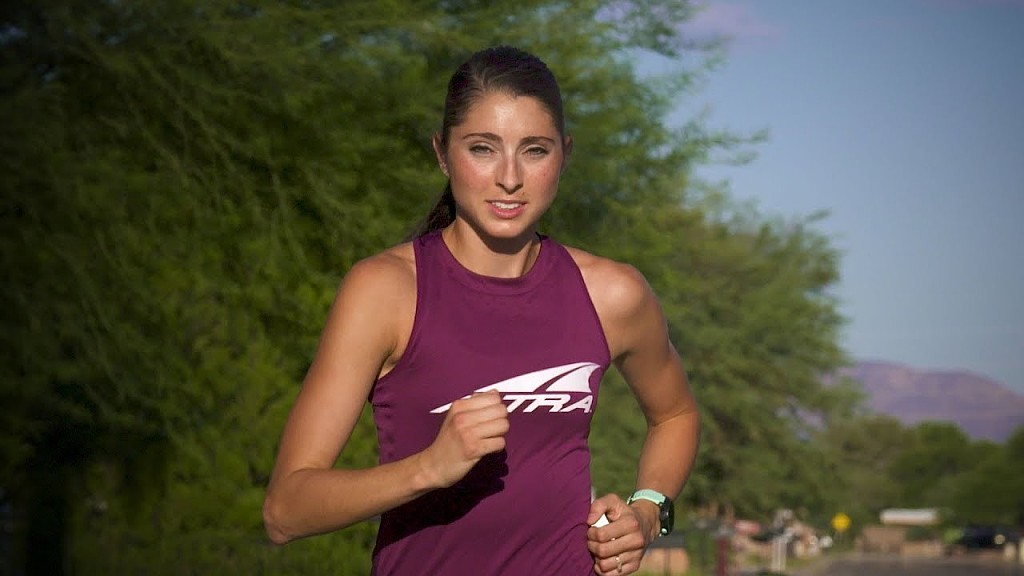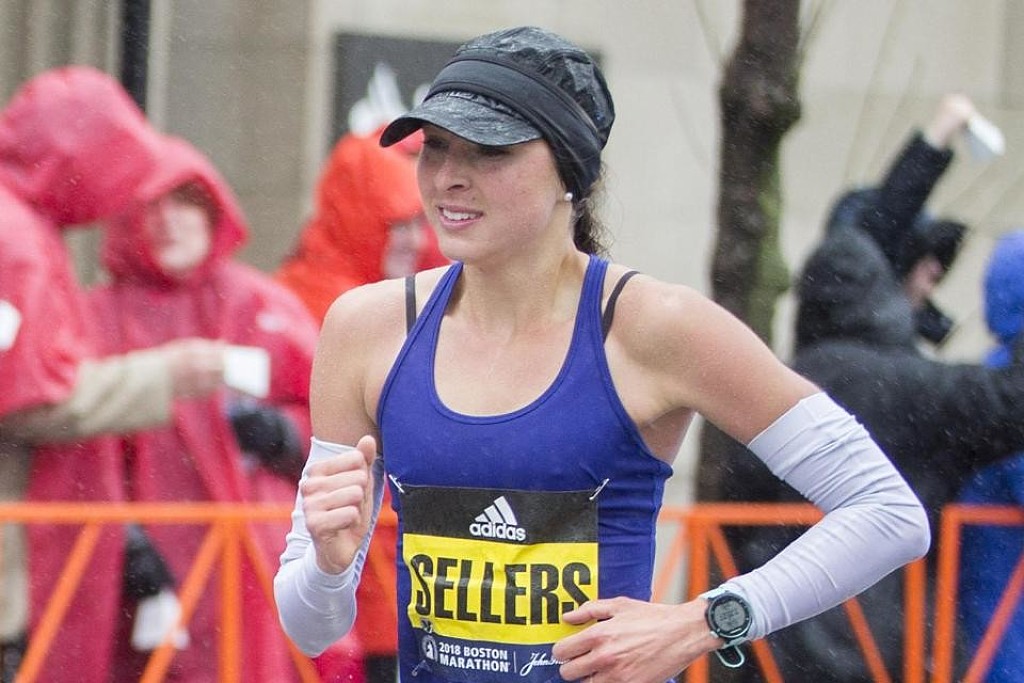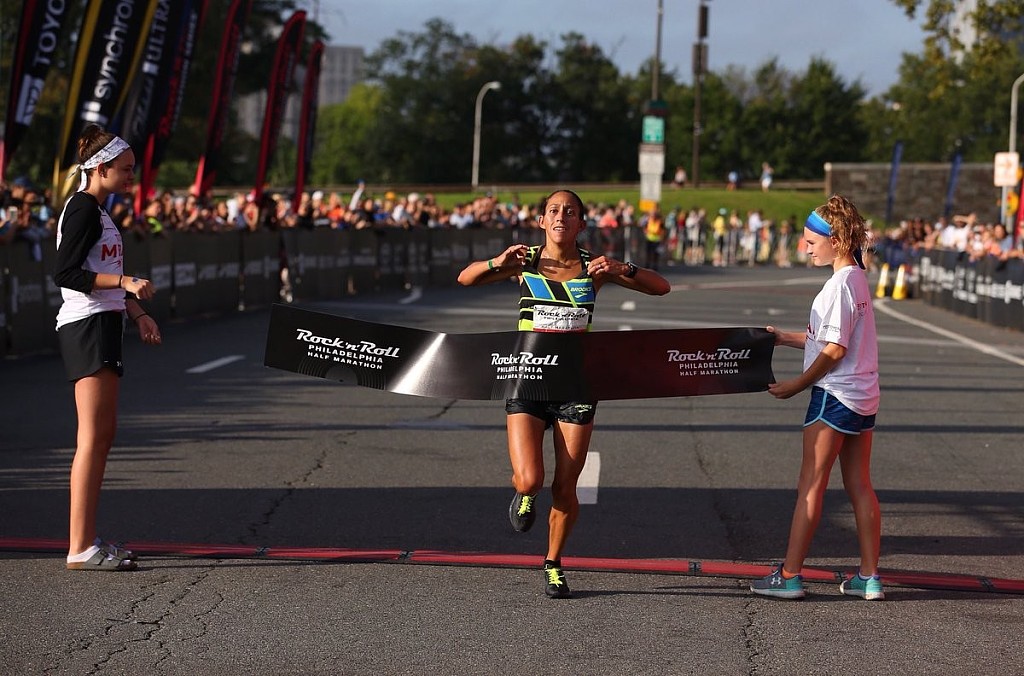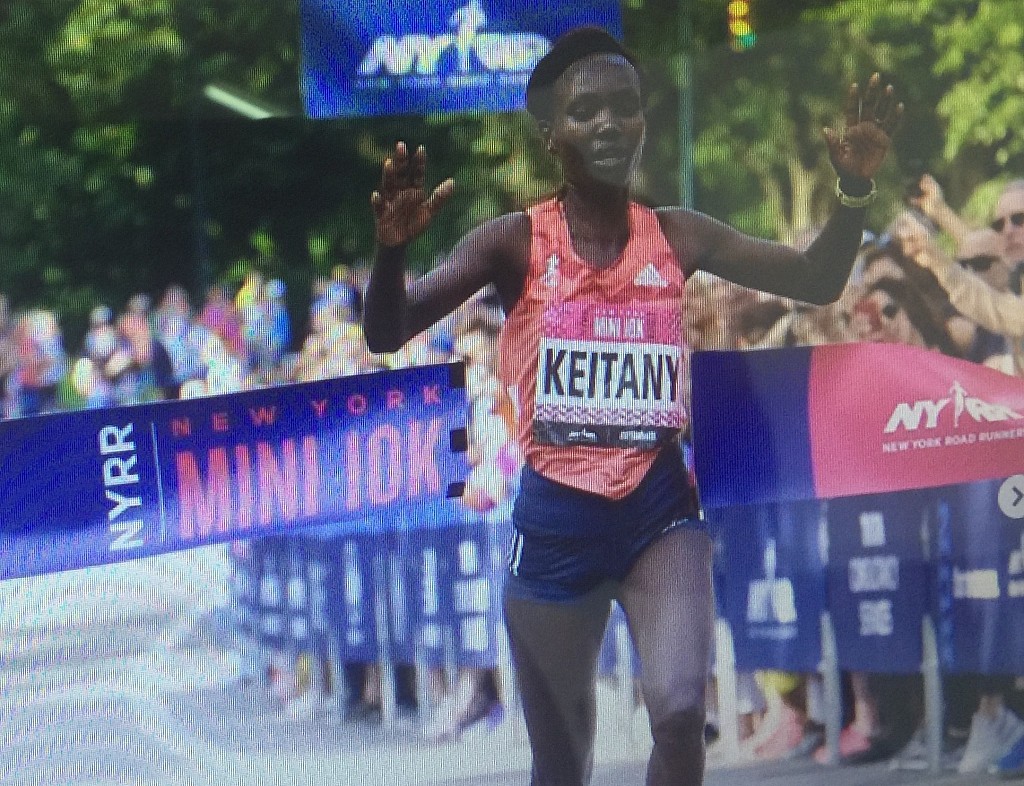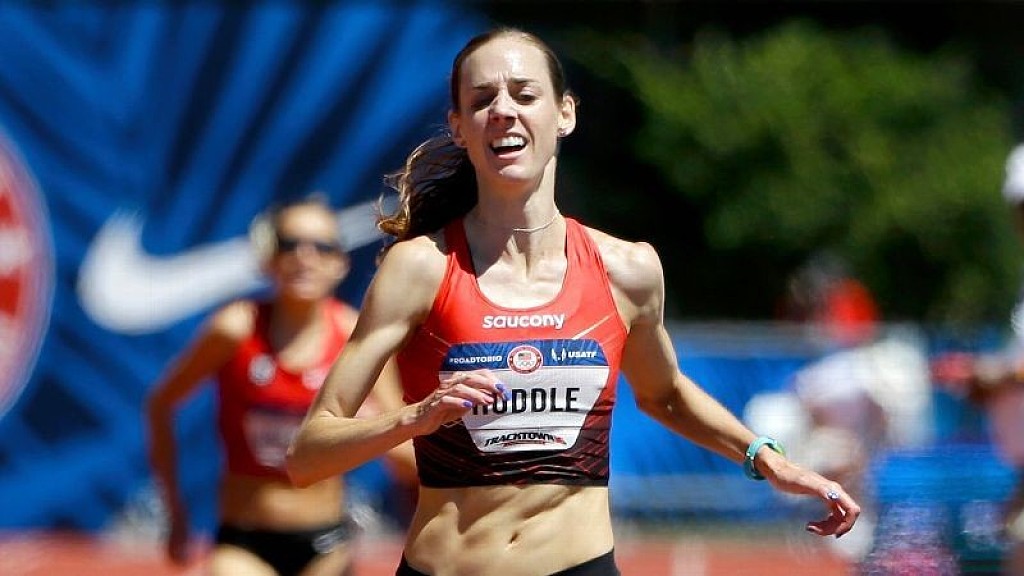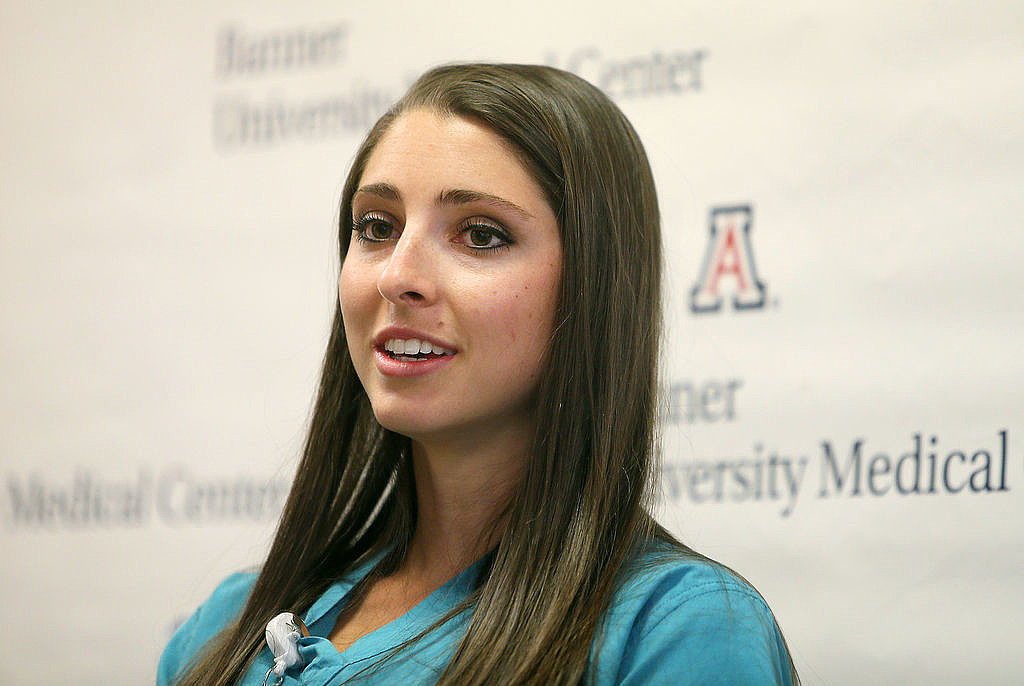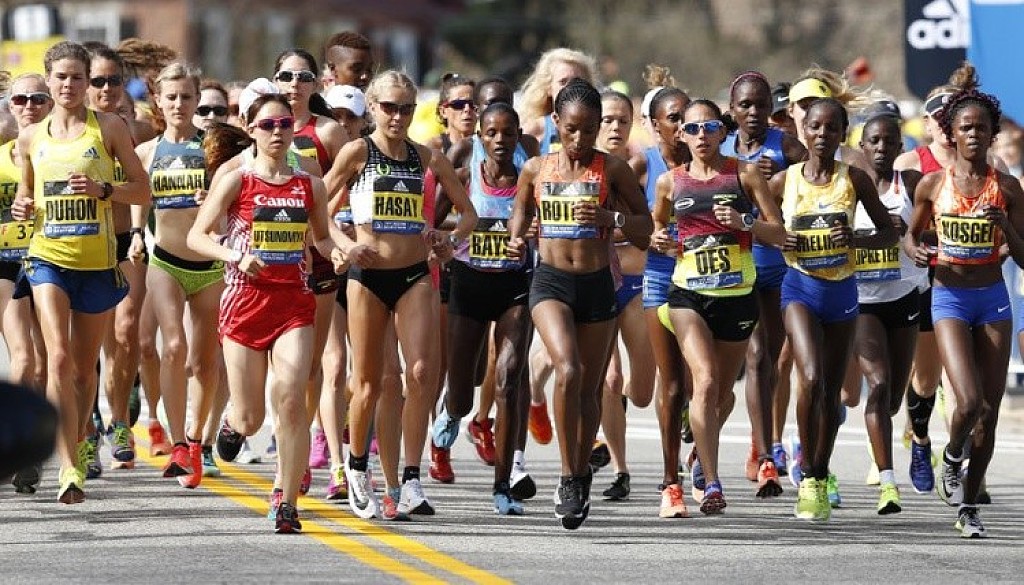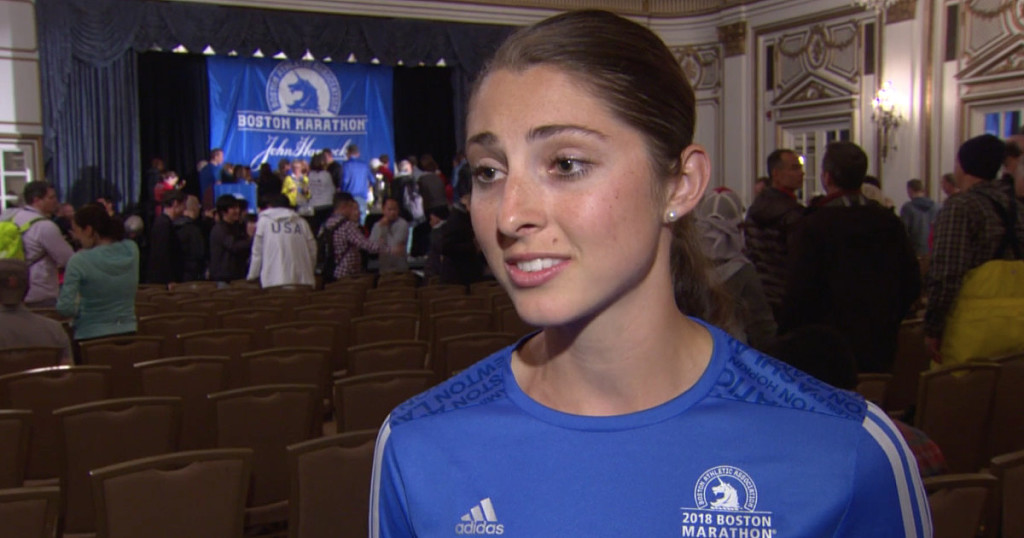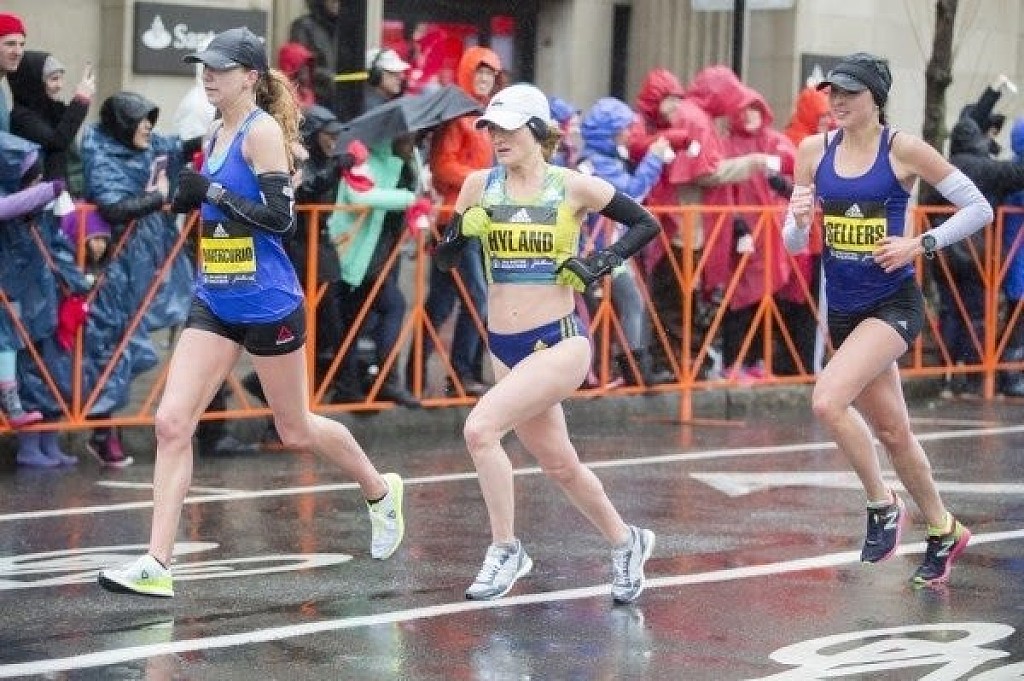Running News Daily
Running News Daily is edited by Bob Anderson. Send your news items to bob@mybestruns.com Advertising opportunities available. Train the Kenyan Way at KATA Kenya and Portugal owned and operated by Bob Anderson. Be sure to catch our movie A Long Run the movie KATA Running Camps and KATA Potato Farms - 31 now open in Kenya! https://kata.ke/
Index to Daily Posts · Sign Up For Updates · Run The World Feed
Articles tagged #Sarah Sellers
Today's Running News
Why Sub-Elite Runners Are the Heartbeat of Major Races
While the spotlight at major marathons often shines brightest on the professional athletes chasing records and podiums, it’s the sub-elite runners—the dedicated amateurs bridging the gap between the front of the pack and the masses—who form the heartbeat of the sport.
Sub-elite runners are those capable of running remarkably fast, often finishing marathons in the 2:20s to low 3-hour range, but they don’t make a living from the sport. They juggle full-time jobs, family commitments, and daily life while chasing personal bests and qualifying standards for events like the Boston Marathon or the U.S. Olympic Trials.
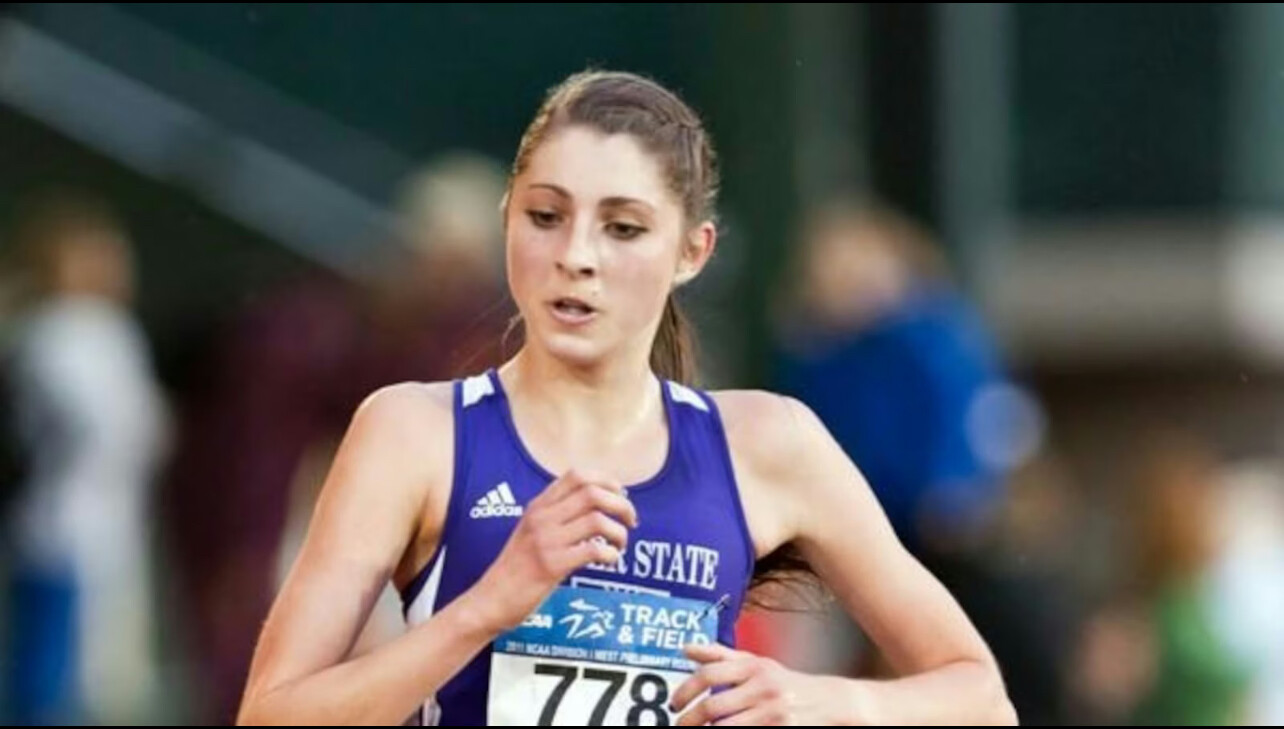
Their determination brings a unique energy to races. These runners inspire others on the course, often acting as unofficial pacers for those aiming to break through key barriers, like the coveted sub-3-hour marathon or a Boston qualifier. Their visible grit and resilience embody the spirit of racing, proving that running isn’t reserved for elite professionals—it’s a pursuit for anyone willing to put in the work.
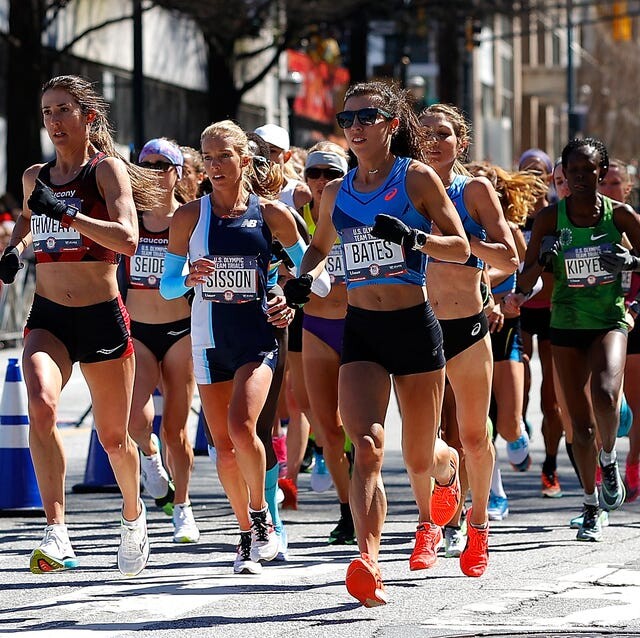
Beyond the Finish Line
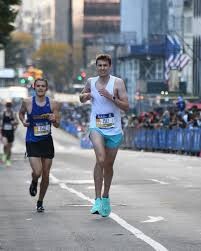
Beyond race day, sub-elites are often the backbone of local running communities. They coach local clubs, organize training groups, and mentor newcomers to the sport. Their presence bridges the gap between elite competition and mass participation, giving races a rich, layered dynamic that extends beyond who wins.
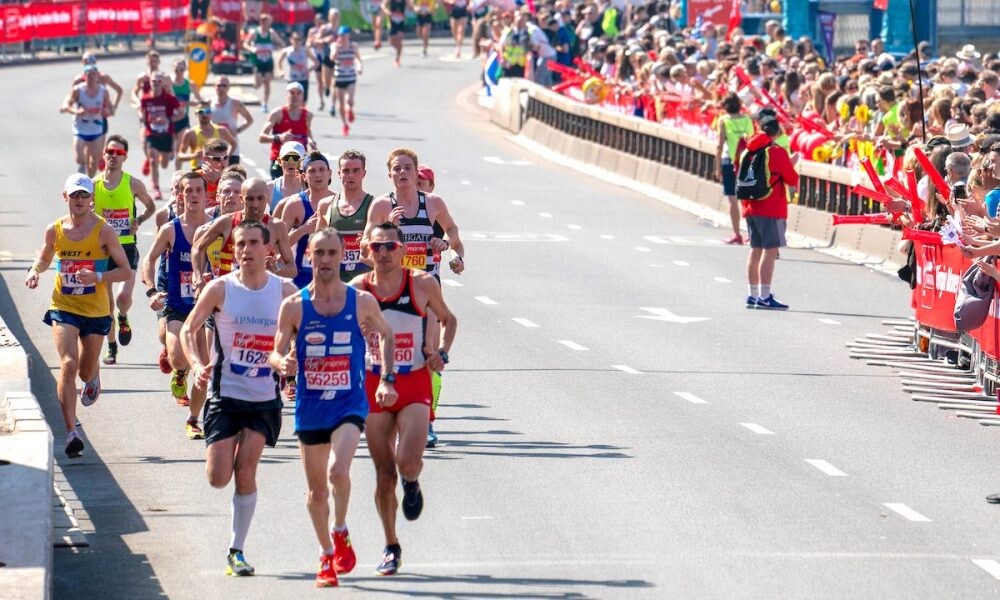
Many major races, like Boston, London, and Berlin, thrive because of this middle tier of talent. Their presence in the front corrals adds depth to the competition, pushing the elites to deliver their best while setting a pace for countless others. Without the sub-elites, these races would lose a vital layer of strategy, camaraderie, and spectacle.
Real Stories of Sub-Elite Grit
Take for example Sarah Sellers, who shocked the running world with her second-place finish behind Des Linden at the 2018 Boston Marathon. A virtual unknown in the sport at the time, she completed the course in 2:44:04—an impressive feat considering it was only her second attempt at the 26.2-mile distance. Sellers, a full-time nurse anesthetist, only signed up for Boston because her younger brother Ryan was running.
What made her performance even more remarkable was the terrible weather conditions that year. The race was plagued by freezing rain, strong headwinds, and temperatures in the low 30s Fahrenheit. Many elite runners struggled with the harsh conditions and dropped out, but Sellers persevered, drawing on her mental toughness and resilience. Her ability to adapt and push through led to a stunning result, proving that grit and determination can triumph over talent and experience on any given day.
Her breakthrough not only earned her a spot on the podium but also opened doors to sponsorships and elevated her profile within the sport. Sellers transitioned from an unknown amateur to a recognized name in running, showing how a standout performance can transform a sub-elite into a sponsored athlete.
Since then, she has continued to excel. Sellers achieved a personal best of 2:25:43 at the 2022 Grandma’s Marathon, qualifying for the 2024 U.S. Olympic Trials. Despite giving birth to her second child just nine months prior, she impressively finished 14th at the Trials in 2:30:17. Balancing motherhood, a demanding career, and elite-level training, Sellers exemplifies the resilience and dedication of sub-elite runners.
Another inspiring figure is Peter Bromka, a sub-elite runner known for his candid writings about the emotional journey of chasing ambitious goals. With a marathon personal best of 2:19:05, Bromka has been a prominent voice in the running community, sharing insights into the challenges and triumphs of striving for excellence while balancing life’s responsibilities.
In recent years, Bromka has expanded his influence by coaching aspiring runners and collaborating with brands like Cure Hydration. His storytelling continues to resonate, offering a window into the sub-elite experience and inspiring others to pursue their running aspirations with passion and authenticity.
A Personal Perspective
As a lifelong runner and race organizer, I’ve seen firsthand how sub-elites elevate the entire race experience. Their commitment sets the tone at the front of the pack and inspires the middle and back-of-the-pack runners to push harder. They remind us that running is about more than just winning—it’s about challenging yourself and those around you.
Looking Ahead
As major marathons continue to evolve, recognizing and celebrating sub-elite runners ensures the sport remains vibrant and inclusive. They are the bridge between the elites and the everyday runners, the pulse that keeps the sport alive and growing.
by Boris Baron
Login to leave a comment
What Happens When the Finish Line Feels 100 Miles Away
We’ve all seen the footage: a runner, sometimes even an elite, staggering or crawling across the marathon finish line. It’s a powerful image—equal parts dramatic and heartbreaking. But what causes those jelly legs, and can it be prevented?
The Science of “Jelly Legs”
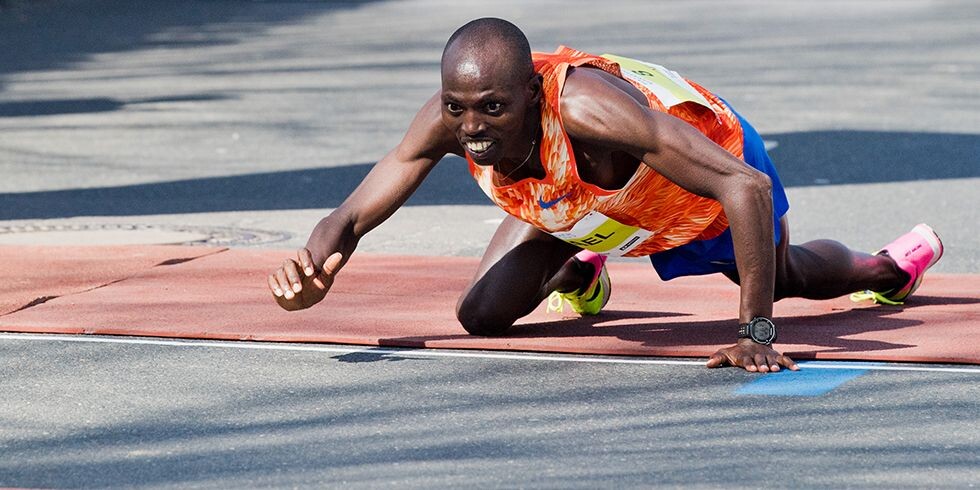
The feeling of wobbly or unresponsive legs at the end of a marathon is often the result of neuromuscular fatigue and metabolic depletion. After 26.2 miles, the body’s ability to send signals from the brain to the muscles can falter.
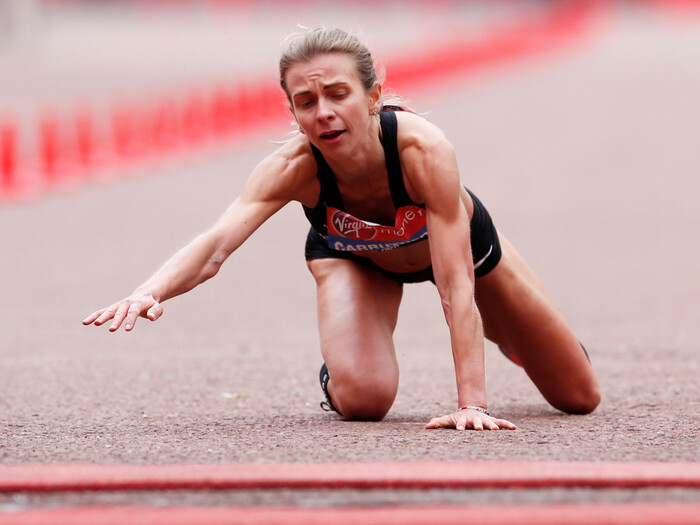
“You’re not just tired,” says Coach Jimmy Muindi, seven-time Honolulu Marathon champion. “Your legs stop responding to what your brain is telling them to do.”
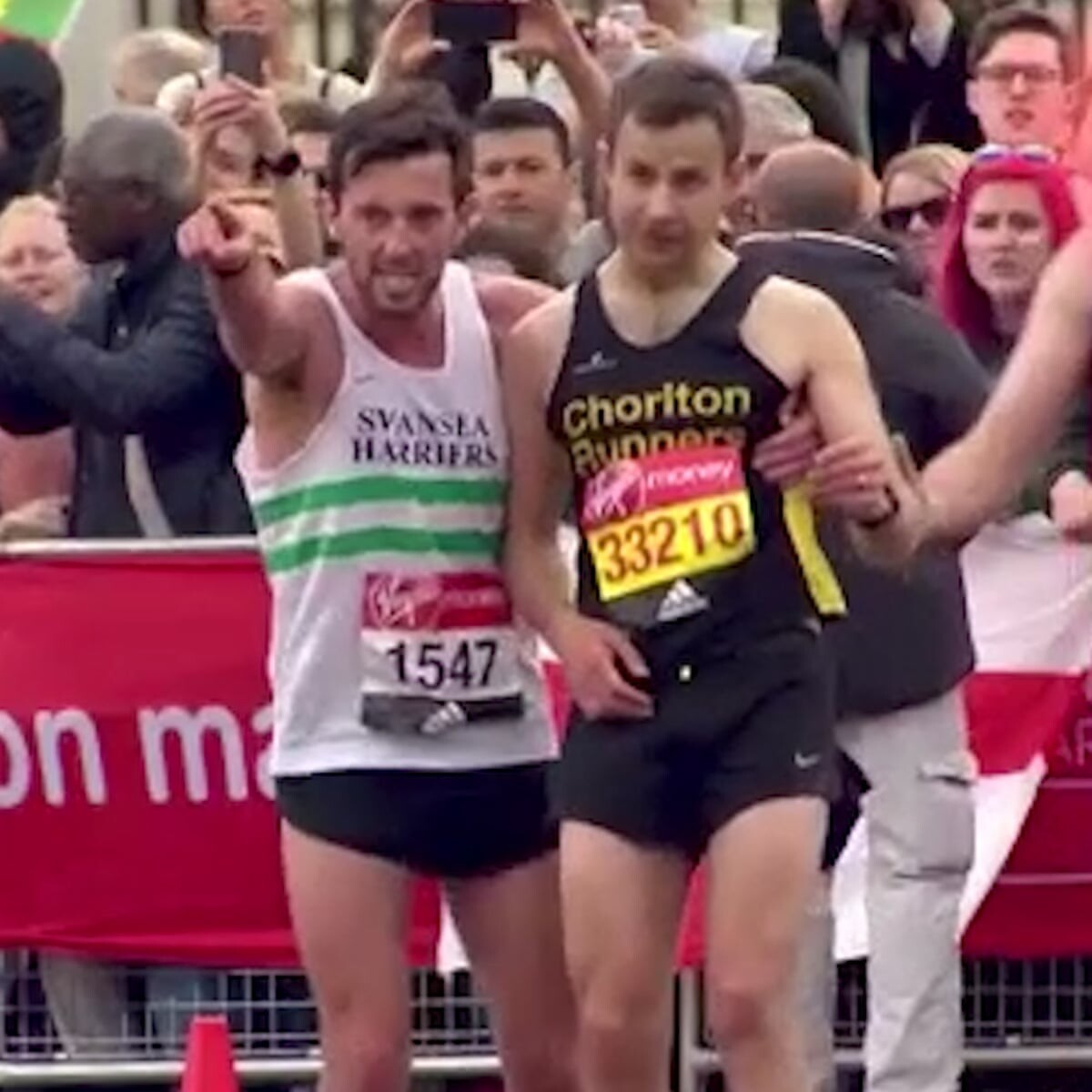
Key Causes
1. Glycogen Depletion
Muscles run on glycogen, and after two to three hours of running, those stores run dry—especially if fueling is inadequate.
2. Dehydration and Electrolyte Imbalance
Even a small loss in body fluid affects muscle function. Electrolyte imbalances (particularly low sodium or potassium) can trigger cramps and weakness.
3. Central Nervous System Fatigue
Your brain gets tired, too. Prolonged effort reduces the brain’s ability to send strong, coordinated signals to the muscles.
4. Improper Pacing
Going out too fast early in the race can lead to full-system shutdown in the final miles. Your body simply can’t hold that pace.
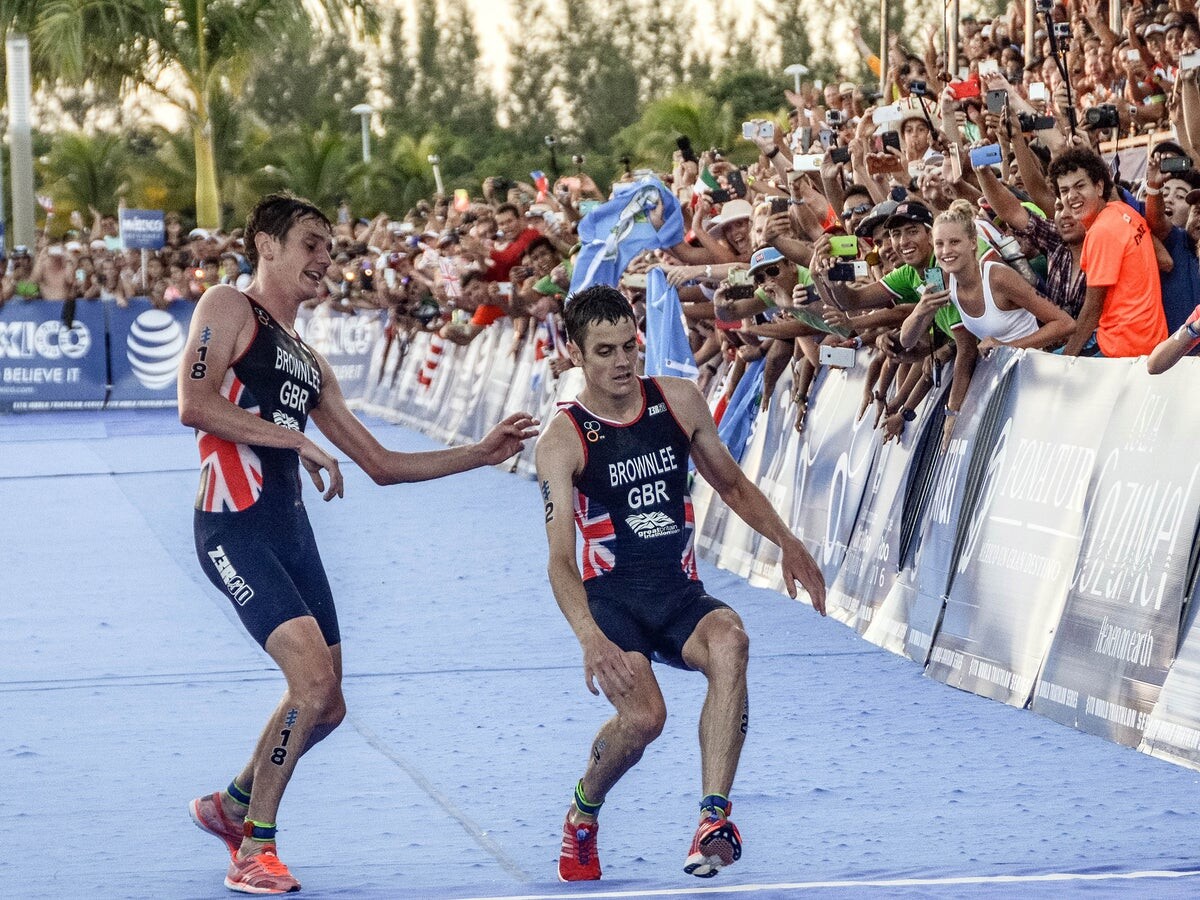
5. Heat and Humidity
Hot races amplify all of the above. Core temperature rises, making it harder for muscles to function efficiently.
Why It Even Happens to Elites
Elite runners push their bodies to the limit. Sometimes a miscalculation in pace, nutrition, or weather adjustment can bring even the strongest athlete to their knees—literally. And because they’re aiming for peak performance, they’re often operating on a knife’s edge.
In 2018, American runner Sarah Sellers nearly collapsed after finishing second at the Boston Marathon, a race defined by brutal weather. Others, like Gabriela Andersen-Schiess in the 1984 Olympics, became iconic for their final, staggering strides.
Prevention Strategies
• Dial in race-day nutrition. Practice fueling with gels, fluids, and electrolytes during training.
• Train your brain. Long runs, heat training, and race simulations help develop mental toughness and delay central fatigue.
• Know your pace. Use race predictors and experience to avoid going out too fast.
• Hydrate smart. Don’t just drink water—replace lost electrolytes.
Final Thought
Marathon running pushes the human body to its limits. Jelly legs and crawl finishes are not signs of weakness—they’re the body’s emergency brake. With smarter training and fueling, most runners can avoid it. But when it does happen, it reminds us how far people will go to finish what they started.
by Boris Baron
Login to leave a comment
The Road to the Paris Olympics and here is What You Need to Know.
American runners are about to begin training for the U.S. Olympic Trials Marathon
It’s early October, which means it’s the peak marathon season for many runners. But with an Olympic year on the horizon, it also means America’s top marathoners are about to hit the road to Paris.
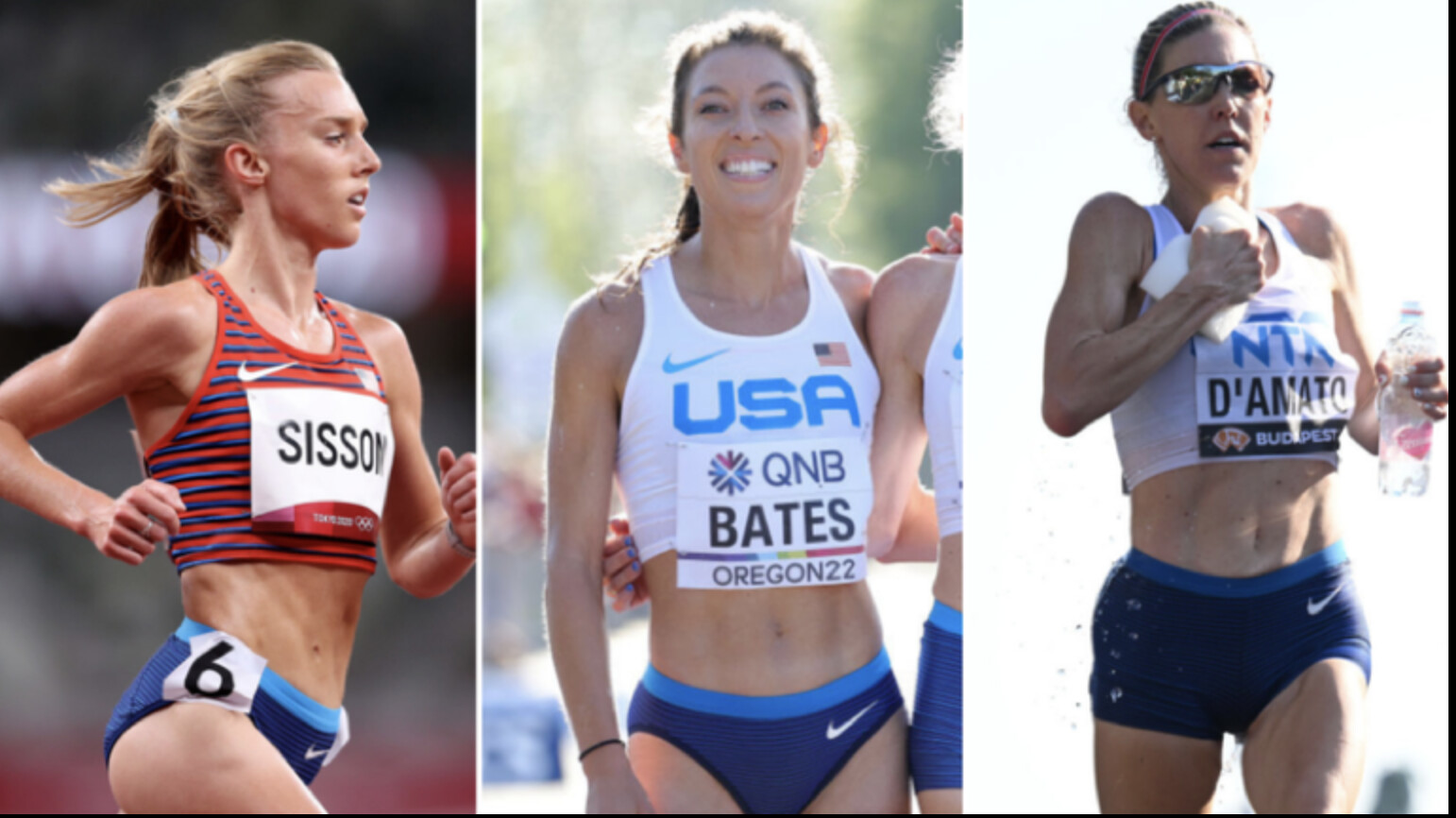
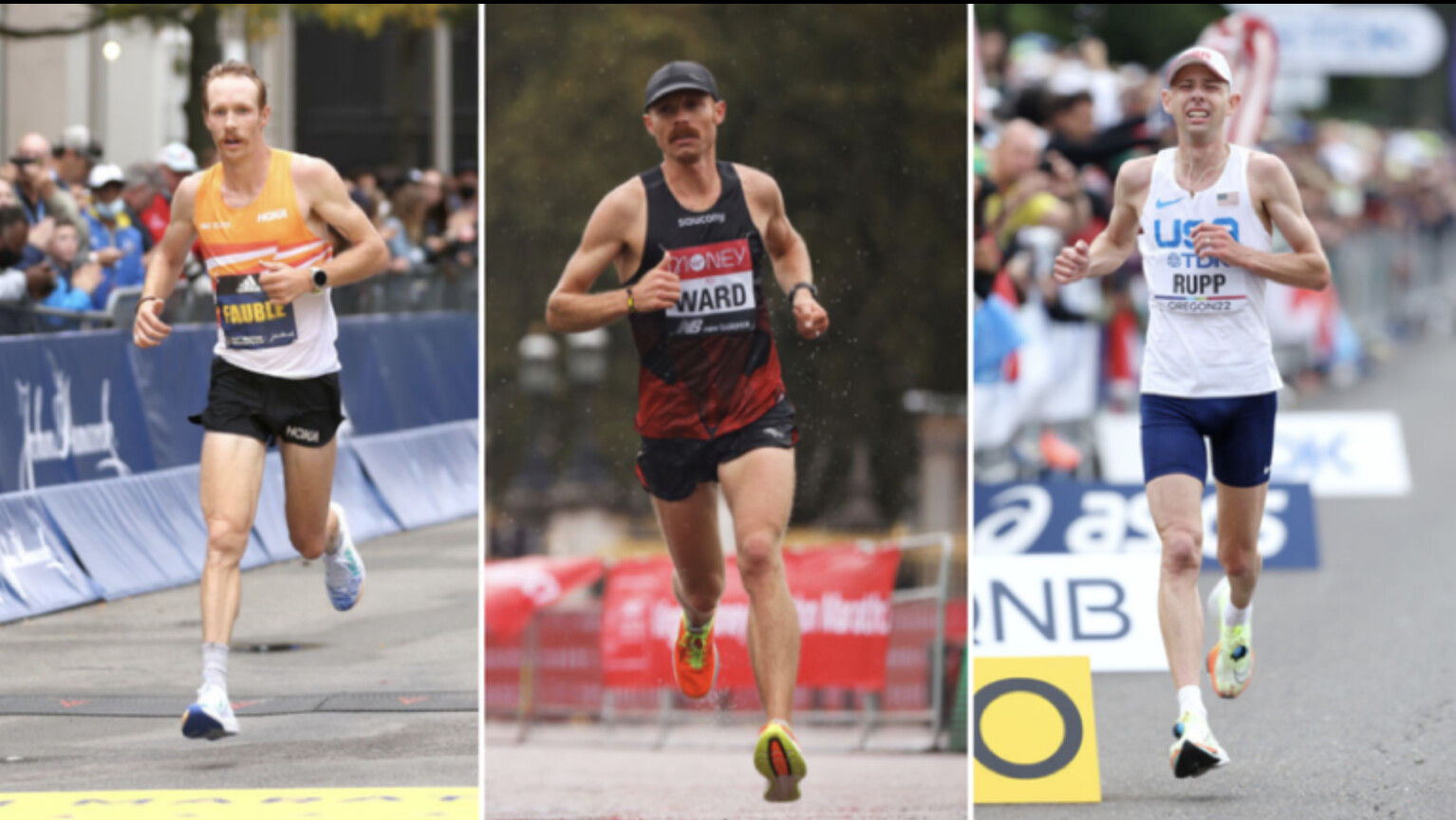
More specifically, the men’s and women’s 2024 U.S. Olympic Trials Marathon races—scheduled for February 3 in Orlando, Florida—are just four months away. And that means the top U.S. runners hoping to represent their country at next summer’s Olympics are about to begin preparing for the all-or-nothing qualifying race that decides which six runners will represent Team USA next summer on the streets of Paris.
Although several top American runners are racing the Chicago Marathon on October 8, even they have their eyes on a much bigger prize next February.
“There’s nothing in my mind that compares with being an Olympian and being in the Olympic Games,” says 26-year-old Utah-based Nike pro Conner Mantz, who returns to Chicago after finishing seventh last year in 2:08:16 in his debut at the distance. “So putting that first has been the plan for a long time. We’re just putting that first and we’re working backwards through the season with other races.”
Registration will open for the U.S. Olympic Trials Marathon in early November for runners who have surpassed the qualifying times in the marathon (2:18:00 for men, 2:37:00 for women) or half marathon (1:03:00 for men, 1:12:00 for women). The qualifying window extends through December 3—the race date of the last-chance California International Marathon, which for decades has been one of the most popular Olympic Trials qualifying races.
In 2020, a record 708 runners—465 women and 243 men—qualified for the U.S. Olympic Trials Marathon in Atlanta just before the onset of the Covid-19 pandemic. But USA Track & Field lowered the women’s qualifying standard by eight minutes from the more attainable 2:45:00 plateau, which means there will most likely be a much smaller women’s field this year.
But even so, amid the handful of runners who have a legitimate shot at making the Olympic team, there will also be dozens of dreamers, wannabes, and just-happy-to-be-there elite amateurs who have worked hard, put in the miles, and earned the chance to be on the start line of the deepest and most competitive U.S. distance-running races that only happen once every four years.
The men’s and women’s races will run simultaneously with the men beginning at 12:10 P.M. EST. and the women starting 10 minutes later. Runners have complained that a high noon start means they will be forced to race in hot, humid conditions. Over the past decade, the average temperature on February 3 in Orlando has been 69.6 degrees Fahrenheit at noon, rising to 73.3 at 4 PM. But actual temperatures have varied drastically, from 81 degrees Fahrenheit at 2 P.M. last year to 56 at the same time the year before. USATF officials have responded by saying that the start times are to accommodate live coverage on NBC and to match the expected conditions in Paris.
Here’s an update and overview of what’s next, who the top contenders are, the course, and what to expect in the next four months.
The 26.2-mile U.S. Olympic Trials course runs through downtown Orlando and consists of one 2.2-mile loop and three eight-mile loops. The marathon course will run through several neighborhoods, main streets, and business districts in Orlando, including Central Business District, City District, South Eola, Lake Eola Heights Historic District, Lake Cherokee Historic District, Lake Davis Greenwood, Lake Como, North Quarter, Lawsona/Fern Creek, SoDo District, and the Thornton Park neighborhood. It will then head east to and around The Milk District neighborhood and Main Street. (Notably, the course will come close to Disney World, which is about 15 miles to the southwest.)
Unlike the Olympic Marathon course in Paris, which will challenge runners with significant hills in the middle, the Orlando course is mostly flat. Each loop has a few minor variations in pitch, but only 38 feet separate the high and low points on the course. Ultimately, though, it’s a spectator-friendly route with chances for family, friends, and fans of runners to see the action several times.
The top women—based on personal best times and recent race results—are Emily Sisson, Emma Bates, Keira D’Amato, Betsy Saina, and Lindsay Flanagan. But the U.S. Olympic Trials races almost always produce surprises with a few great runners having off days and a few good runners having exceptional days, so there is reason to expect the unexpected.
Sisson lowered the American record to 2:18:29 last year when she finished second in the Chicago Marathon. She’s running Chicago again on October 8 along with Bates, who has said she’s hoping to break the American record. In January, Sisson, 31, chopped her own American record in the half marathon in Houston with a 1:06:52 effort, and most recently won the U.S. 20K Championships (1:06:09) on September 4 in New Haven, Connecticut. Bates, also 31, hasn’t raced at all since her sterling fifth-place effort at the Boston Marathon in April, when she slashed her personal best to 2:22:10.
While Chicago will be another good place to test themselves, both have unfinished business after Bates was seventh at the 2020 Trials and Sisson dropped out near the 21-mile mark.
The same goes for Flanagan, 32, who has been one of America’s best and most consistent marathoners for the past five years. She placed 12th at the trials in 2020. She had a breakthrough win (2:24:43) at the Gold Coast Marathon in 2022 followed by a strong, eighth-place finish (2:26:08) at the Tokyo Marathon earlier this year. In August, she ran perhaps the best race of her career, when she finished ninth (2:27:47) at the world championships in Budapest amid hot, humid conditions.
The 38-year-old D’Amato, meanwhile, just capped off another strong season with a 17th-place showing (2:31:35) at the World Athletics Championships in Budapest, a year after finishing eighth in the world championships and setting an American record 2:19:12 at the 2022 Houston Marathon. She was 15th at the Trials in 2020 in 2:34:24, just two years into her competitive return to the sport after having two kids and starting a career in real estate in her early 20s.
“It’s such a huge goal of mine to become an Olympian,” says D’Amato, who lowered Sisson’s U.S. record in the half marathon with a 1:06:39 effort at the Gold Coast Half Marathon on July 1 in Australia. “It’s really hard for me to put words into this because my whole life, wearing a Team USA jersey has been like a huge dream. And when I left the sport (temporarily), I felt like I said goodbye to that dream and I kind of mourned the loss of being able to represent my country. I feel like it’s the greatest honor in our sport to be able to wear our flag and race as hard as possible.”
Saina, a 35-year-old Kenya-born runner who ran collegiately for Iowa State University, became a U.S. citizen in late 2021. She placed fifth in the 10,000-meters at the 2016 Olympics in Rio de Janeiro while competing for Kenya. She’s spent the past several years splitting time between Kenya and Nashville, Tennessee, where she gave birth to a son, Kalya, in December 2021.
She’s returned with a strong fourth-place 1:11:40 result at the Tokyo Half Marathon last October and a fifth-place 2:21:40 showing at the Tokyo Marathon in February. In May, Saina won the U.S. 25K Championships in Michigan. Two weeks ago she broke the tape at the Blackmores Sydney Marathon in Australia in 2:26:47.
Other top contenders include but are not limited to Tokyo Olympics bronze medalist Molly Seidel (who’s personal best is 2:24:42), 2022 U.S. Olympic Trials champion Aliphine Tuliamuk (2:24:37, 11th in Boston this year), Susanna Sullivan (2:24:27 personal best, 10th in London this year), two-time Olympian and 2018 Boston Marathon winner Des Linden (2:22:38), and Sara Hall (2:20:32, fifth at last year’s world championships), plus Kellyn Taylor (2:24:29), Nell Rojas (2:24:51), Sarah Sellers (2:25:43), Lauren Paquette (2:25:56), Dakotah Lindwurm (2:25:01), Annie Frisbie (2:26:18), Sara Vaughn (2:26:23), Tristin Van Ord (2:27:07), and Jacqueline Gaughan (2:27:08).
The list of potential men’s top contenders isn’t as clear-cut, partially because there are so many sub-2:11 runners and several fast runners who are relatively new to the marathon. But all that suggests a wide-open men’s race where more than a dozen runners are legitimately in the mix for the three Olympic team spots. That said, the top runners on paper, based on both time and consistent results over the past few years, are Scott Fauble, Jared Ward, Galen Rupp, Conner Mantz, Leonard Korir, Matt McDonald, and C.J. Albertson.
The 31-year-old Fauble, who was 12th in the Olympic Trials in 2020 and owns a 2:08:52 personal best, has finished seventh in the Boston Marathon three times since 2019 and also finished seventh in the New York City Marathon in 2018. Ward is a 2016 U.S. Olympian and has three top-10 finishes at the New York City Marathon and a 2:09:25 personal best from Boston in 2019. He’s 35, but he just ran a 2:11:44 (27th place) at the Berlin Marathon in late September.
Rupp, who won the past two U.S. Olympic Trials Marathons and earned the bronze medal in the marathon at the 2016 Olympics, is nearing the end of his competitive career. He boasts a 2:06:07 personal best and has run under 2:10 more than any American in history, including when he finished 19th at the world championships (2:09:36) last year. He’s a bit of a wild card because he’s 37 and hasn’t raced since his lackluster 17th-place showing at the NYC Half Marathon (1:04:57) in March, but the world will get a glimpse of his fitness in Chicago this weekend.
Mantz followed up his solid debut in Chicago last fall with a good Boston Marathon in April (11th, 2:10:25) and solid racing on the track and roads all year, including his recent runner-up showings at the Beach to Beacon 10K in August and the U.S. 20K Championships in September.
McDonald, 30, who was 10th in the 2020 U.S. Olympic Trials, has quietly become one of the best marathoners in the U.S. while serving as a postdoctoral associate in chemical engineering at M.I.T. His last three races have clocked in at 2:10:35 (Boston 2022), 2:09:49 (Chicago 2022), and 2:10:17 (Boston 2023). The only other runner who rivals that kind of consistency is Albertson, 29, who has run 2:10:23 (Boston 2022), 2:10:52 (Grandma’s Marathon 2022) and 2:10:33 (Boston 2022) in his past three marathons and was seventh in the U.S. Olympic Trials in 2020 (2:11:49).
The men’s race will likely have a mix of veteran runners and newcomers who have run in the 2:09 to 2:10 range since 2022. Among those are 2020 U.S. Olympic Trials runner-up Jake Riley (2:10:02 personal best), who is returning from double Achilles surgery; 2016 U.S. 10,000-meter Olympian Leonard Korir (2:07:56), who ran a 2:09:31 in Paris in April; Zach Panning (2:09:28, plus 13th at the world championships in August); U.S. 25K record-holder Parker Stinson (2:10.53); Futsum Zienasellassie who won the California International Marathon last December in his debut (2:11:01) and then doubled-back with a new personal best (2:09:40) at the Rotterdam Marathon in the spring; Abbabiya Simbassa, who ran a solid debut marathon (2:10:34) in Prague this spring; and Eritrean-born Daniel Mesfun (2:10:06) and Ethiopian-born Teshome Mekonen (2:10:16), who both received U.S. citizenship within the past year; and solid veterans Nico Montanez (2:09:55), Elkanah Kibet (2:10:43) and Nathan Martin (2:10:45).
Additional sub-2:12 runners who will be in the mix are Andrew Colley (2:11:26), Clayton Young (2:11:51), Brendan Gregg (2:11:21), Josh Izewski (2:11:26), Jacob Thompson (2:11:40), and Kevin Salvano (2:11:49).
As noted previously, some top contenders will season their marathon legs one final time at the flat and fast Chicago Marathon on October 8. An even more select few will opt for the New York City Marathon on November 5. After that, nearly every American with eyes set on an Olympic berth will double-down over the holiday season for that one final, critical marathon training cycle. Expect to see a wide range in heat training, from sauna protocols, to warm weather training trips, to simply an adjusted race day strategy.
Of course, with the Olympic Marathon falling under the purview of World Athletics, qualifying for the U.S. Olympic Marathon team is not quite as simple as finishing on the podium in Orlando. Any American looking to have a breakout performance and finish within the top three at the U.S. Olympic Trials Marathon will need to have run under 2:11:30 for men and 2:29:30 for women within the qualification window, which spans from November 1, 2022 to April 30, 2024. Given the possibility of oppressively hot and humid temps on February 3 in Orlando, they’re best bet is to secure that time now.
These qualification standards are in accordance with a new rule from World Athletics, which allows national Olympic committees to circumvent the typical Olympic qualification process of running under 2:08:10 for men and 2:26:50 for women, or being ranked among the top 65 in the world on a filtered list of the top three athletes from each country. The catch, though, is that three other runners from said country must have met one of these two standards. If this sounds complicated, that’s because it is.
For the hundreds of elite amateurs on the cusp of hitting that coveted U.S. Olympic Trials qualifying time, it’s do or die mode. While a few made the cut at the Berlin Marathon on September 24, one of those opportunities was lost when the Twin Cities Marathon was canceled on October 1 because of excessive heat. Temperatures are shaping up for an auspicious day in Chicago this weekend, and many more will give it a final shot at the Columbus Marathon on October 15; Indianapolis Monumental Marathon on October 28; the Philadelphia Marathon on November 18; and the last-call California International Marathon, a point-to-point race ending in Sacramento, California on December 3.
Ultimately, only six American runners will likely continue on along the road to Paris and earn the chance to run in the men’s and women’s Olympic marathons next August 10-11. For a handful of younger runners, the 2024 U.S. Olympic Trials will be a motivation to reinvigorate the Olympic dream or keep a faint hope alive, at least until the 2028 U.S. Olympic Trials that will determine the team for the Los Angeles Olympics. But for many runners, the journey to the U.S. Olympic Trials in Orlando will lead to the end of their competitive road running careers as new jobs, young families, a switch to trail running, and other priorities will take hold.
“I think the Olympic Trials is an important part of American distance running,” says Kurt Roeser, 36, a two-time U.S. Olympic Trials Marathon qualifier who works full-time as a physical therapist in Boulder, Colorado. “I’m glad that they kept it the same event for this cycle and hopefully for future cycles because it gives people like me a reason to keep training. I’m older now and I’m not going to actually have a chance to make an Olympic team, but for somebody that’s fresh out out of college and maybe they just barely squeak in under the qualifying time, maybe that’s the catalyst they need to start training more seriously through the next cycle. And maybe four years from now, they are a serious factor for making the team.”
by Outside Online
Login to leave a comment
Defending Champions Set to Return to the 2022 Bank of America Chicago Marathon
The Bank of America Chicago Marathon announced today the return of its defending champions as the event continues to build on its comeback to global racing. Ruth Chepngetich (KEN), Seifu Tura (ETH), Tatyana McFadden (USA) and Daniel Romanchuk (USA) will be at the helm of this year’s elite field with a strong contingency of the world’s best athletes vying to dethrone them. The stage will be set for a fierce competition up front, highlighting Chicago’s long tradition of record chases, fast times, and gripping finishes.
“We’re thrilled to welcome our defending champions back to Grant Park this fall,” said Carey Pinkowski, Executive Race Director of the Bank of America Chicago Marathon. “Chicago has a storied history of head-to-head competitions, world records and some of the best elite racing in marathon running. This year’s competition, which also includes American half marathon record holder Emily Sisson and American half marathon champion Conner Mantz making his debut, is going to bring much energy and enthusiasm to fans and spectators. We are ready for October 9.”
Defending Champions Return
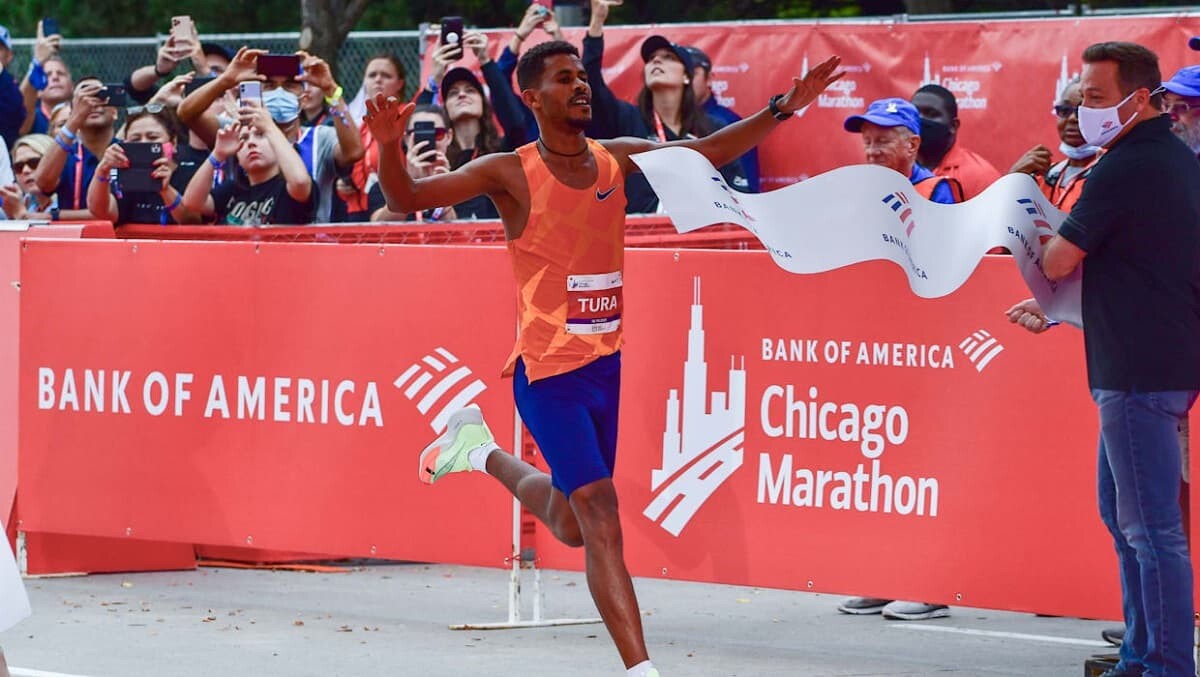
Chepngetich, the 2019 World Marathon champion and the fourth fastest woman in the history of marathon running, started on a world record pace at the 2021 Bank of America Chicago Marathon, dropping her pacer eight miles in while racing against the clock. She decelerated over the second half of the course but had enough to take the crown in 2:22:31. Chepngetich, who is self-coached, kicked off her 2022 season with a win and a course record at the Nagoya Marathon (2:17:18). She recently dropped out the of the World Championships Women’s Marathon due to health issues but is ready to take to the streets of Chicago and defend her title.
Unlike the fast pace set by Chepngetich, Tura ran a controlled strategic race last fall in the elite men’s race, waiting until 38K to pull ahead and win the biggest race of his career so far. Tura, who holds a 2:04:29 personal best, clocked 2:06:12 to win last year. His 2022 season includes a personal best in the half marathon, 58:36, and a second place finish in the Paris Marathon. Following last year’s victory, Tura noted that he was not prepared for warm weather, but that he was “determined to fight to the very end.” Tura’s determination may make him just the fifth man in Chicago’s history to win twice in a row.
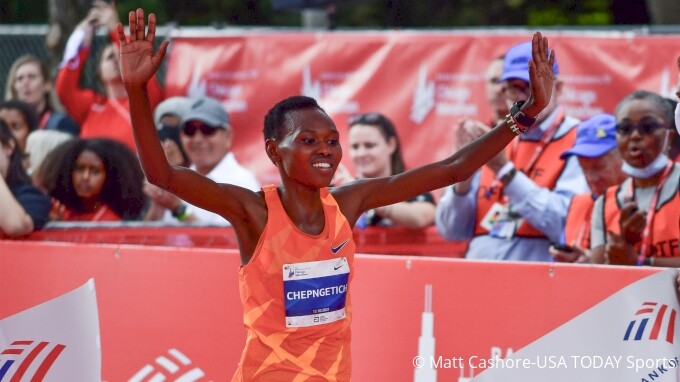
In the wheelchair competition, McFadden, whose nine titles make her the most decorated athlete in Bank of America Chicago Marathon history, returns to contend for her 10th win. McFadden boasts 20 Paralympic medals, including eight gold medals, 24 World Marathon Major wins, including four consecutive Grand Slams (first place in Boston, Chicago, New York City and London in the same year) and has broken six world records in track and field.
Romanchuk, a two-time Paralympian, completed the Bank of America Chicago Marathon hat trick with a victory last fall and returns to pursue a fourth title. Romanchuk rose to the top of road racing in 2018 and his campaign continues today. At the 2020 Paralympic Games, he took home a gold on the track and a bronze in the marathon.
Sisson and Mantz Headline Strong American Field
The Bank of America Chicago Marathon has a long history of welcoming America’s best runners across its finish line, stretching back to Joan Benoit Samuelson setting the American record en route to her victory in 1985. Khalid Khannouchi dominated at the turn of the century with four victories, including both world and American records, Deena Kastor clutched the win in 2005, and Galen Rupp stole the show in 2017. Last October saw five American men and seven American women finish in the top 10, a feat that highlights the strength of U.S. distance running. This year’s field includes several top American runners, including Emily Sisson and Conner Mantz.
Sisson, a six-time national champion and the American half marathon record holder (1:07:11), could put the American Marathon record (2:19:12) in jeopardy as she races to break the tape in Chicago. Sisson stands out as one of the most dominant American women on the track and the roads, making her Olympic debut in the 10,000m at the Tokyo Olympics and her marathon debut in 2019 in London. Sisson ran the fastest ever marathon debut by an American on a record eligible course (2:23:08), and she set an Olympic trials record in the 10,000m on the track (31:09) in 2021, breaking a record that stood for 17 years. This October marks Sisson’s first appearance in the Bank of America Chicago Marathon.
Mantz, known for his front-running style and capacity to handle pain (referred to as the “Mantz pain chamber”), made a splash on the collegiate level, winning the NCAA Division I Cross Country championships in 2020 and 2021, and earning his first U.S. title in the half marathon in 2021. Mantz’s time in the half marathon, 1:00:55, ranks him ninth on the all-time American list of half marathon performances. Mantz, an exciting newcomer to welcome to the marathon distance, could conquer the American marathon debut record, 2:07:56, set in 2019. Mantz is coached by 1994 Chicago Marathon runner-up, Ed Eyestone.
The Elite Fields
In addition to Sisson, Celestine Chepchirchir (KEN), Vivian Kiplagat (KEN) and Haven Hailu (ETH) are among some of this year’s elite women hoping to prevent a repeat victory from Chepngetich. Chepchirchir, winner of the 2019 Sanlam Cape Town Marathon, enters this year’s race fresh off a personal best, 2:20:10, set at the Seoul International Marathon. The Bank of America Chicago Marathon marks her Abbott World Marathon Major (AbbottWMM) debut. Kiplagat, winner of the 2022 Milan Marathon in a personal best, 2:20:18, ran valiantly in Chicago last year, attempting to stay on Chepngetich’s heels before fading to fifth place. Like Chepchirchir, Hailu will be making her first appearance in an AbbottWMM. Hailu made her marathon debut in 2020, set a personal best, 2:20:19, in 2021 to take third in Amsterdam, and claimed her first marathon victory in Rotterdam this past April.
Laura Thweatt (USA), Sarah Sellers (USA) and Sara Vaughn (USA) lead a strong delegation of American women. Thweatt holds a marathon personal best of 2:25:38, and finished eighth in both Chicago (2019) and New York (2021). Sellers initially turned heads in 2018 when she finished second in the Boston Marathon while running from the open field. Sellers smashed her PR to finish second at this spring’s Grandma’s Marathon in 2:25:43. Vaughn, a versatile runner who started her career on the track as a 1500m runner, made her marathon debut in 2021, winning the California International Marathon in 2:26:53. Vaughn’s time stands out as the fifth fastest debut ever by an American woman.
The women’s field also includes Diane Nukuri (USA), Ursula Sanchez (MEX), Carrie Verdon (USA) and local favorite Kristen Heckert (USA).
In the men’s competition, Tura will be chased to the line by compatriots Herpasa Negasa (ETH), Dawit Wolde (ETH), Asrar Abderehman (ETH), Ugandan Olympian Stephen Kissa and Kenyan Benson Kipruto.
Negasa had a career breakthrough in 2019 when he subtracted nearly six minutes from his marathon PR in Dubai to run 2:03:40. He comes to Chicago after a strong second place performance in Seoul, clocking 2:04:49. Wolde initially made a name for himself as a junior competitor on the track. His transition to the roads started in 2014, and he boasts a marathon personal best of 2:04:27, set in 2021 to finish third in Rotterdam. Abderehman made headlines in February when he broke the course record at the Zurich Seville Marathon, taking three minutes off his PR to run 2:04:43. Chicago marks his first appearance in an AbbottWMM.
Kissa, a 2020 Olympian in the 10,000m, stands out as an exciting athlete to watch. He brings years of track speed to the road, recently debuting in the marathon in 2:04:48. In addition to the Olympic Games, he also represented Uganda at the World Championships Half Marathon. The Chicago Marathon marks his first time racing in the United States and his first time racing in an AbbottWMM. Kipruto’s 2:05:13 personal best may not be the fastest in the field, but he has performed well at the marathon distance, winning the Boston and Prague Marathons in 2021 and finishing third in Boston this April. He also finished seventh in London in 2020 and won the Toronto Marathon in 2018.
The men’s field also includes sixth place finisher in 2021 and local elite Colin Mickow, Hiroto Fujimagari (JPN), John Korir (KEN), Frank Lara (USA) and making his debut, Patrick Tiernan (AUS).
by Running USA
Login to leave a comment
Bank of America Chicago
Running the Bank of America Chicago Marathon is the pinnacle of achievement for elite athletes and everyday runners alike. On race day, runners from all 50 states and more than 100 countries will set out to accomplish a personal dream by reaching the finish line in Grant Park. The Bank of America Chicago Marathon is known for its flat and...
more...Branna MacDougall joins Silvia Ruegger as the only Canadian woman to run under 2:29:00 before the age of 25
On the shores of Lake Superior in Duluth, Minn., Canada’s rising marathon star, Branna MacDougall, ran a five-minute personal best of 2:28:36 to place fifth at the 2022 Grandma’s Marathon. Her time is one minute under the world marathon standard of 2:29:30 and the seventh-fastest ever among Canadian women.
(First photo) Branna MacDougall of Kingston, Ont., approaches the finish line at the Muskoka Half-Marathon in 2020.
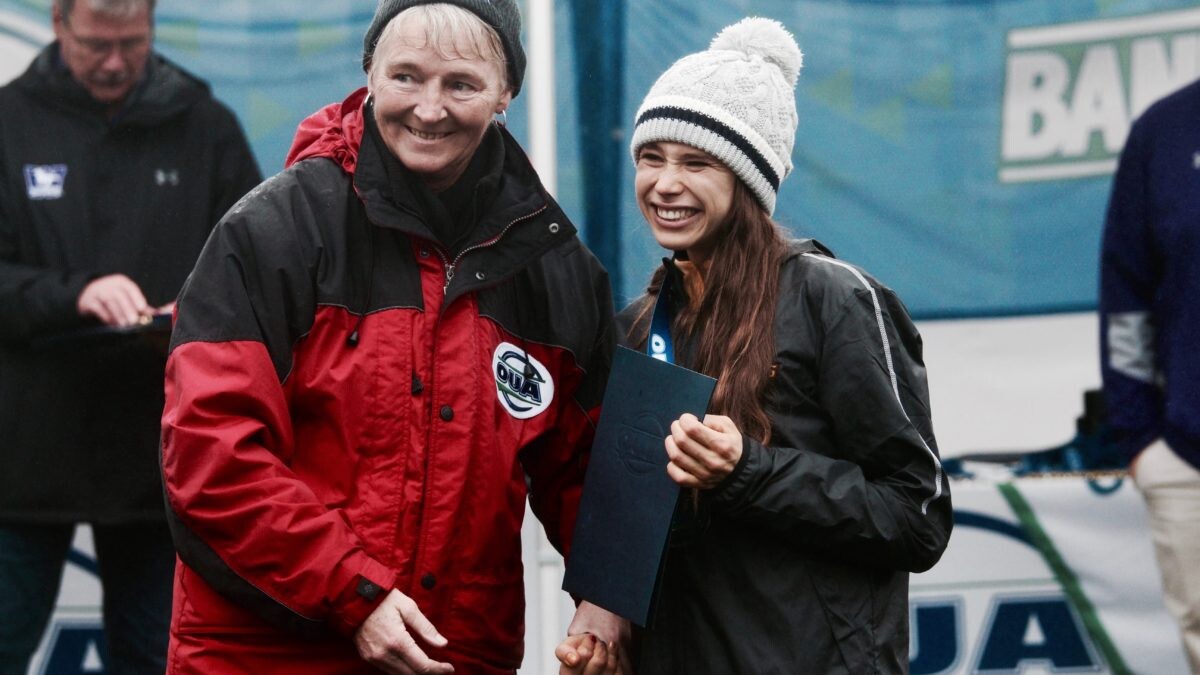
Although MacDougall had only tackled the marathon distance once before, she ran the race like a seasoned veteran. She negative split the second half of the race in 1:14:13, moving up to fifth from seventh place. Her first marathon, last fall, was in Muskoka, Ont., where she ran a solo 2:33:40.
MacDougall, 23, had a prolific cross-country career at Iowa State University and Queen’s University, winning the U Sports team title in 2019. Since then, she has continued her training in Kingston under former Queen’s coach Steve Boyd and Physi-Kult.
U.S. marathoner Dakota Lindwurm become the first Minnesotan to successfully defend her title, winning in a personal best time of 2:25:01, which is four minutes faster than her previous winning time of 2:29:04.
Sarah Sellers, who finished second at the Boston Marathon in 2018, and school teacher Susanna Sullivan of the U.S., rounded out the top three in 2:25:43 and 2:26:56, respectively.
MacDougall’s time is the second-fastest time by a Canadian woman this year, only behind Malindi Elmore’s 2:27:56 at the 2022 Boston Marathon. Although MacDougall’s time is under the 2022 world championship standard, the qualification period closed on May 29 and Canada’s team has already been named.
The 2022 Commonwealth Games qualification window closed on June 19, therefore, there’s a chance MacDougall could be selected to represent Canada in Birmingham, U.K., or considered for the 2023 World Championships in Budapest.
by Running Magazine
Login to leave a comment
Grandmas Marathon
Grandma's Marathon began in 1977 when a group of local runners planned a scenic road race from Two Harbors to Duluth, Minnesota. There were just 150 participants that year, but organizers knew they had discovered something special. The marathon received its name from the Duluth-based group of famous Grandma's restaurants, its first major sponsor. The level of sponsorship with the...
more...Kenyan runners Wesley Kiptoo and Caroline Rotich Set Course Records at 2022 Pittsburgh Half Marathon
Rainy conditions Sunday morning in the City of Champions did not slow down Kenyan runners Wesley Kiptoo and Caroline Rotich from breaking course records and taking home the first prize of $10,000 at the 2022 UPMC Health Plan Pittsburgh Half Marathon.
In the men’s race, Kiptoo and James Ngandu took an early lead in the first mile. They stayed neck and neck until the final stretch when Kiptoo broke the finisher’s tape clocking 1 hour, one minute and twenty-five seconds. Ngandu took home second, finishing only two seconds later. U.S. Olympic marathoner Jared Ward finished third in 1:03:37.
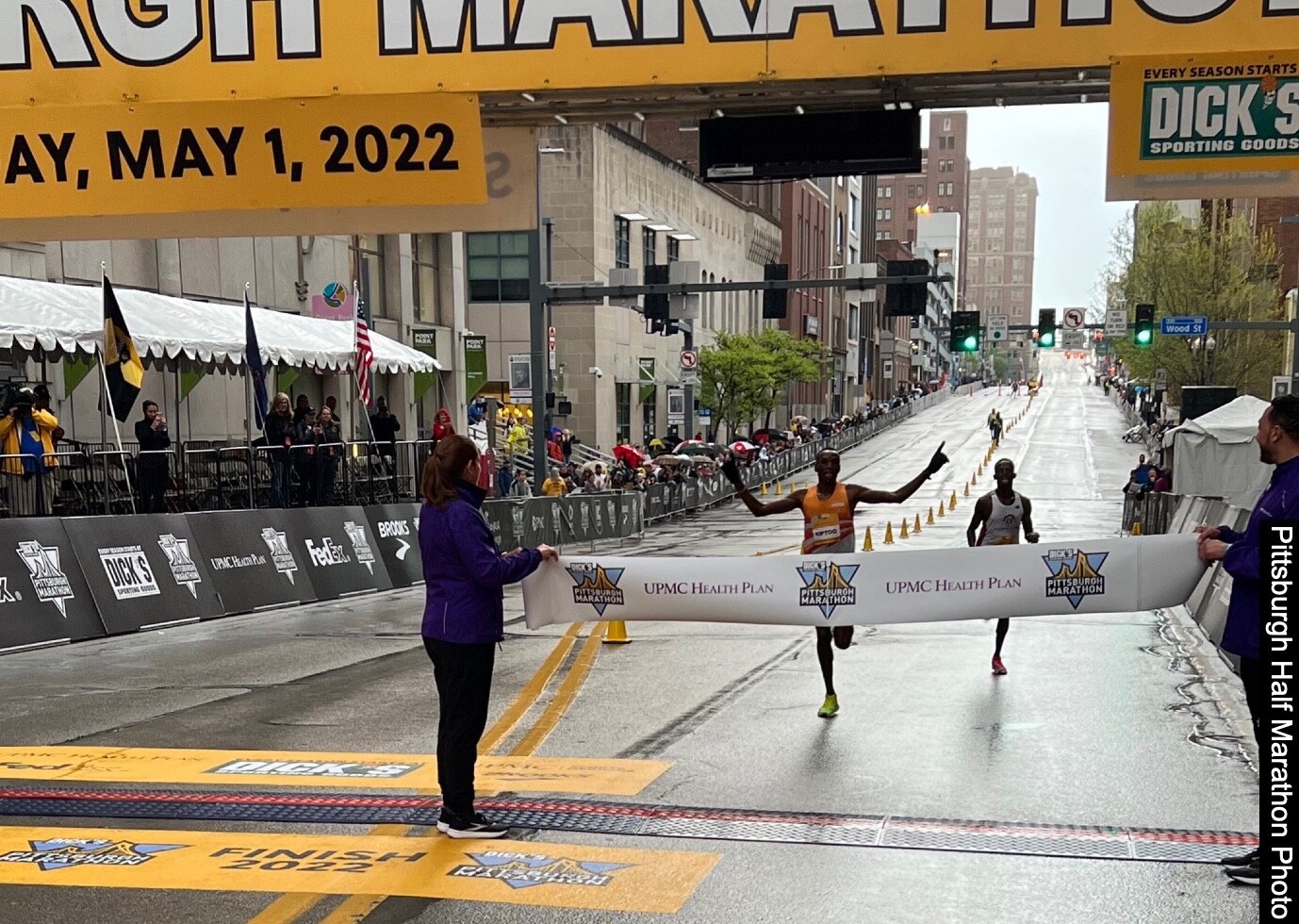
“Today was my professional road racing debut,” Kiptoo said. “I will remember this race and the City of Pittsburgh forever. I’d like to thank the organizers and race sponsors for inviting me and for making it all possible.”
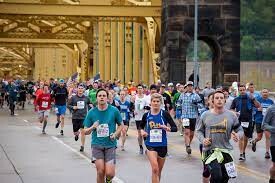
In the women’s race, Rotich smashed the UPMC Health Plan Pittsburgh Half Marathon course record by 34 seconds finishing in 1:09:30. U.S. Olympic marathoner Aliphine Tuliamuk, who previously held the course record, took home second in 1:09:54, and Sarah Sellers finished third in 1:11:51.
“It feels great to win my first race ever in Pittsburgh,” Rotich said. “It was so great seeing all the people on the course and cheering despite the rain. I can’t wait to be back!”
Login to leave a comment
Dick's Sporting Good Pittsburgh Marathon
This race is your game - however you decide to play it. As a competitor. A fund raiser. An enthusiast. A veteran. A team player. It's whatever you want it to be. It's whatever you make it. It's YOUR game..... Run it. Play it. Own it. Love it. Runners will race on the North Shore of Pittsburgh, cross each of...
more...John Hancock 2019 Boston Marathon US Elite Open Team
Featured video: 2019 Boston Marathon John Hancock U.S. Elite Open Team for Monday April 15.
Abdi Abdirahman, a four-time Olympian, placed sixth at the 2017 Boston Marathon. He is a multiple national champion in the 10,000m, 10K, 10-mile and half marathon.
Shadrack Biwott finished third this year in Boston. Last year, he was second American and fourth overall. Biwott placed fifth at the 2016 TCS New York City Marathon in a personal best time of 2:12:01.
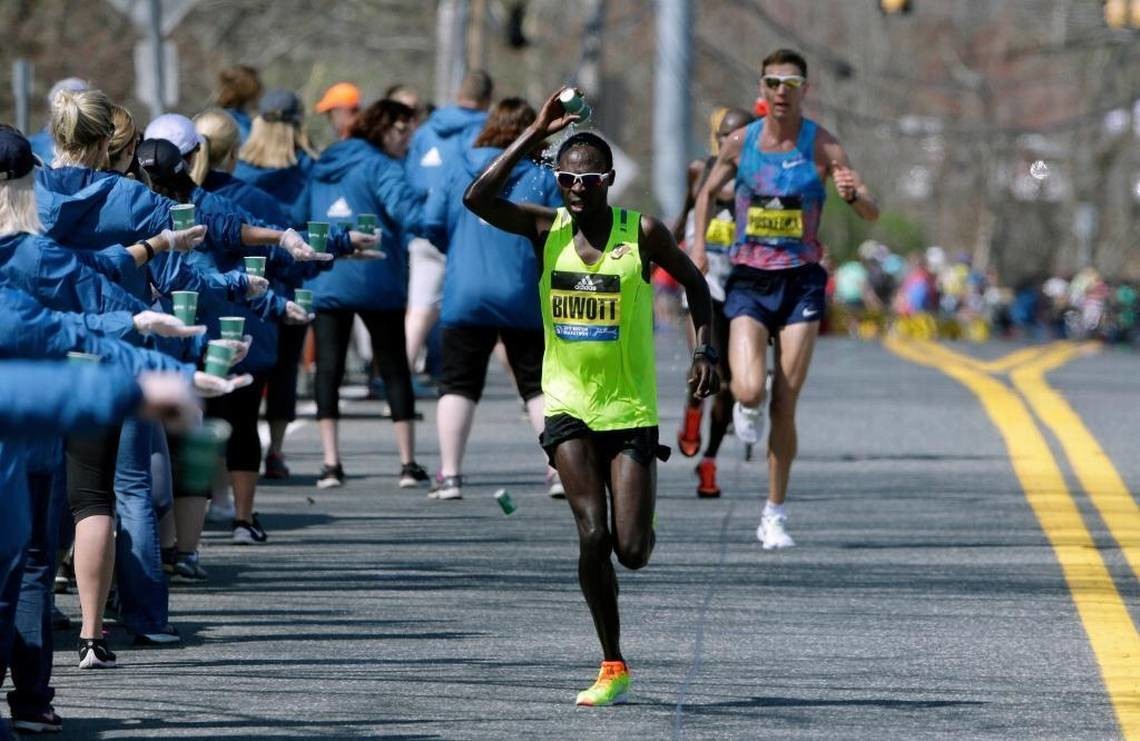
Aaron Braun, 13th at the 2018 Bank of America Chicago Marathon, is a versatile road runner. Braun is a national champion in the 12K and was top American at the 2015 Houston Marathon.
Sarah Crouch has finished top-ten three times at the Bank of America Chicago Marathon, including this year where she was top American and ninth overall. She is a past champion of the Tallahassee Marathon and finished 11th at the 2016 Boston Marathon.
Jeffrey Eggleston has raced on three IAAF World Championships Marathon teams, placing as high as 13th in 2018. He has won the Pittsburgh, Woodlands, Lima and San Diego Marathons and has been runner-up in Brisbane, Pittsburgh and at Twin Cities.
Scott Fauble was the second American and seventh overall at the 2018 TCS New York City Marathon. Fauble placed fourth in the 10,000m at the 2016 Olympic Trials and represented the United States at the 2017 IAAF World Cross Country Championships.
Lindsay Flanagan, the 2015 Pan American silver medalist in the marathon, finished 11th at the 2017 Boston Marathon and set her personal best of 2:29:25 at the Frankfurt Marathon this year.
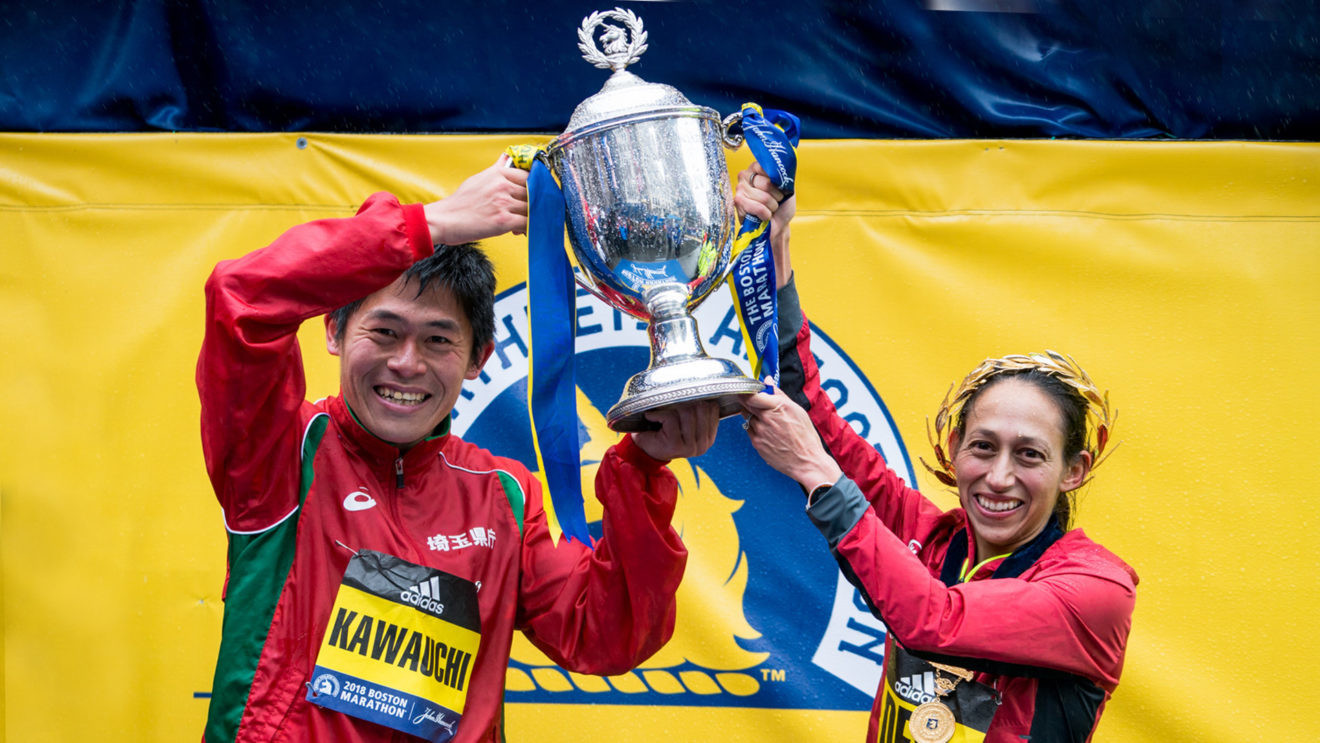
Sara Hall is the tenth fastest U.S. women’s marathoner of all time having set her 2:26:20 mark at the 2018 Ottawa Marathon. Hall has earned national titles in the marathon, 20K, 10-mile, mile and cross country. She is married to Ryan Hall, who is a John Hancock Elite Athlete Ambassador and holds the American course record of 2:04:58 at the Boston Marathon.
Jordan Hasay set an American debut record of 2:23:00 with her third-place finish in Boston in 2017. She then ran the second fastest marathon of all time by a U.S. woman at the 2018 Bank of America Chicago Marathon, where she placed third in 2:20:57. Hasay is an 18-time All American and a national champion at 15K and 20K.
Elkanah Kibet, a member of the U.S. Army World Class Athlete Program, has had two top-ten finishes at the Bank of America Chicago Marathon. At the 2017 IAAF World Championships Marathon, Kibet finished top American and 16th overall. He was 8th in Boston in 2018.
Desiree Linden, a two-time Olympian, returns to Boston as defending champion. A top-five finisher in eight Abbott World Marathon Majors, additional accomplishments include placing seventh at the 2016 Olympic Games Marathon, tenth at the 2009 IAAF World Championships Marathon, second at the 2012 and 2016 U.S. Olympic Marathon Trials and second in the 10,000m at the 2015 Pan American Games. In addition to her 2018 win in Boston, she placed second in 2011.
Timothy Ritchie, the 2017 U.S. National Marathon champion, ran for the U.S. at the 2016 IAAF World Half Marathon Championships where he placed 23th. Ritchie is the head men’s cross country coach at the University of Massachusetts, Amherst.
Dathan Ritzenhein is the fourth fastest U.S. marathoner of all time with a 2:07:47 personal best. Career highlights for the three-time Olympian include finishing ninth at the 2008 Olympic Marathon, winning the bronze medal at the 2009 IAAF World Half Marathon Championships and finishing 13th at the 2012 Olympic Games 10,000m.
Sarah Sellers ran through freezing rain and torrential wind this year to finish second behind Des Linden. In her 2017 marathon debut, Sellers won the Huntsville Marathon. In New York this year she finished 18th.
Brian Shrader is a versatile runner on the track and roads. He made his half marathon debut in Boston this year at the B.A.A. Half Marathon, running 1:05:26. He also made his marathon debut in 2018, running 2:13:31 at the USA Championships in Sacramento.
Becky Wade, a champion of the California International Marathon, finished 11th at the 2018 Virgin Money London Marathon and tenth at the 2017 Bank of America Chicago Marathon.
Jared Ward placed third at the 2016 U.S. Olympic Marathon Trials and followed with a sixth-place finish at the Olympic Marathon in Rio de Janeiro, less than a minute and a half out of medal contention. In 2017 Ward was tenth at the Boston Marathon and this year, he finished top American and sixth overall at the TCS New York City Marathon.
Login to leave a comment
Boston Marathon
Among the nation’s oldest athletic clubs, the B.A.A. was established in 1887, and, in 1896, more than half of the U.S. Olympic Team at the first modern games was composed of B.A.A. club members. The Olympic Games provided the inspiration for the first Boston Marathon, which culminated the B.A.A. Games on April 19, 1897. John J. McDermott emerged from a...
more...Sara Sellers placed second at the 2018 Boston Marathon and is ready to run it again on Monday
When Sarah Sellers rises at 4 a.m., it’s not to sip coffee slowly in the still of the morning or head off to an early shift at the Tucson hospital where she works as a nurse anesthetist. Instead, Sellers hits the blaring alarm and gets out her shoes to tackle another early morning run.
Sellers is preparing for her second appearance in the Boston Marathon after a long love affair with running. The 27-year-old started in middle school with her parents on the trails behind their house in Ogden, Utah, and went on to run in college for Weber State from 2009–13.
For someone who has spent most of her life running, qualifying for the Boston Marathon came easy. But competing among the elites was another task all together. In 2018, Sellers arrived on the starting line in Hopkinton as a relatively unknown runner and had only competed in one marathon, in Huntsville, Utah, in Sept. 2017. She won her debut in 2:44:27—nearly 15 minutes ahead of the next woman.
“In some ways last year it was really nice to be totally naïve and do my own thing and not have anyone besides a few family members and my coach interested in how I did,” Sellers says.
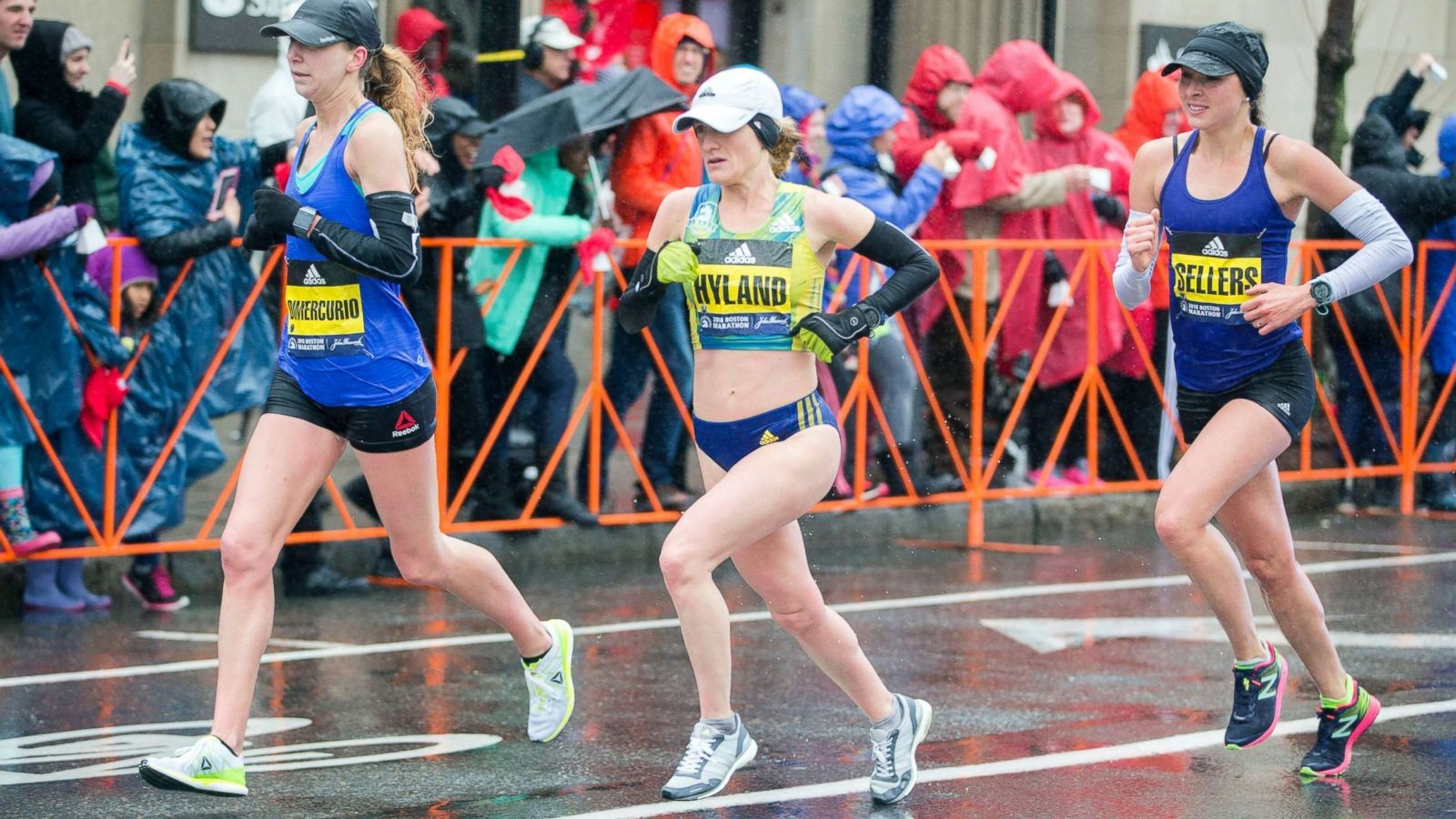
The conditions at the 2018 Boston Marathon were anything but ideal. At the start of the race temperatures hovered around 37 degrees. A torrential downpour, which amounted to over a half inch of rain, soaked runners for the entirety of the race. The worst part, according to Sellers, who compared running in the heavy rains to being in a car wash, was the strong headwinds that reached up to 35 miles per hour. More than 2,500 runners visited medical tents during the race and 1,123 participants did not finish.
When Sellers crossed the finish line in 2:44:04 as the second runner in the women’s division behind two-time Olympian Desiree Linden, who became the first American woman to win the race in 33 years, her anonymity to the general public quickly vanished. Suddenly, the media was clamoring to talk to Sellers, who was in a state of disbelief over her second-place finish. “Who is Sarah Sellers?” started popping on search engines, running message boards and social media. The reality sank in after she found her husband, Blake, and he confirmed that the result was no fluke.
“It was the mixture of excitement and almost this daunting feeling,” Seller says. “It was a little bit scary because I knew it was going to be a big deal but I also asked myself ‘What did I just do?’”
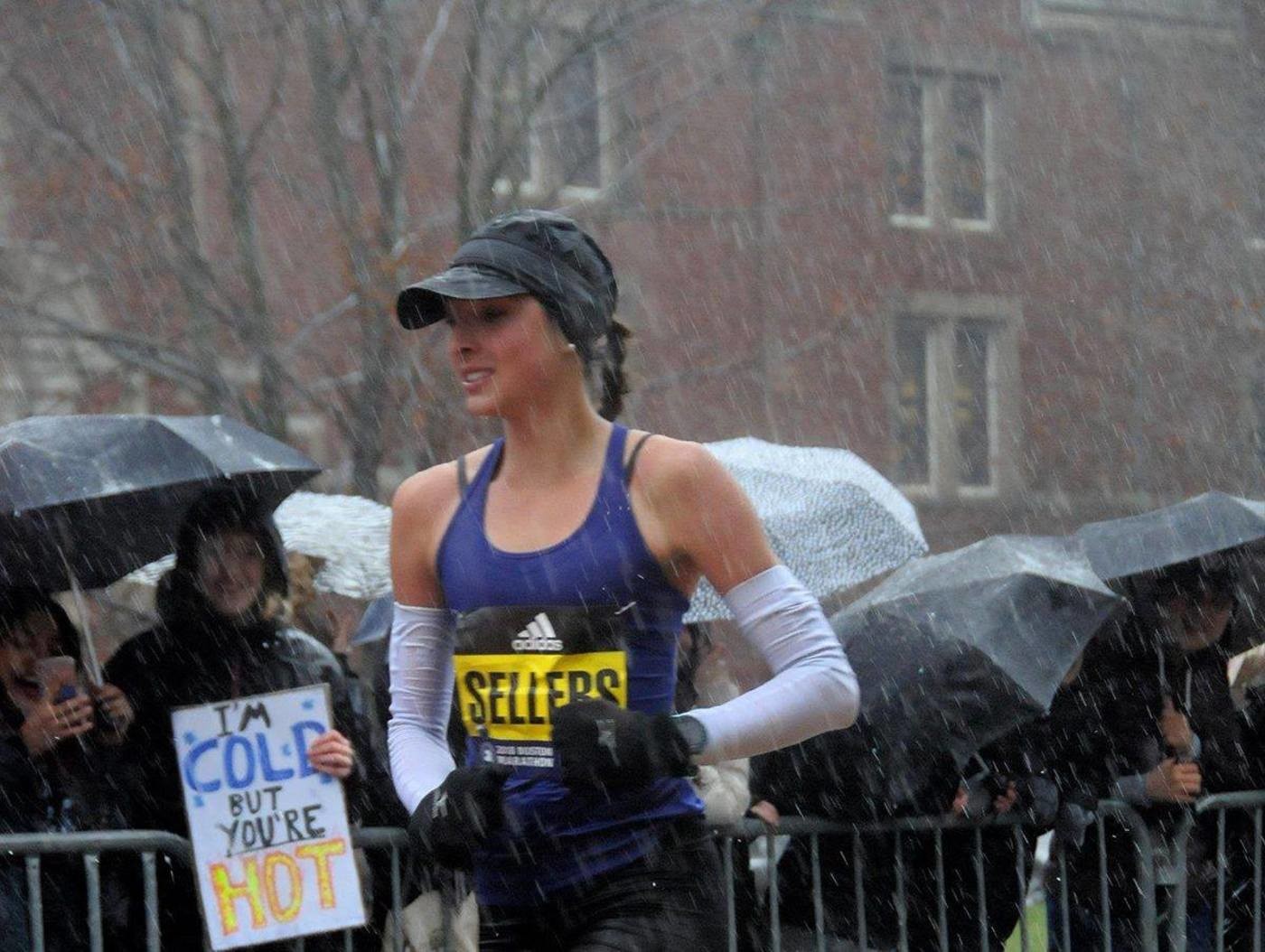
Before April 16, 2018, not many people would’ve cared that Sellers ran track and cross country in middle school and high school before joining the teams at Weber State in her hometown. She was a nine-time Big Sky conference champion during her college career and was voted the university’s 2012 Female Athlete of the Year. After she was diagnosed with a stress fracture in the navicular bone in her foot during her senior year, Sellers didn’t know if she would be able to run again, because that specific bone doesn’t get much blood supply, which makes it hard to heal. She never finished her final year of NCAA eligibility at Weber State.
She went a couple of years without being able to run or could run very little,” says Paul Pilkington, Sellers’s coach at Weber State. “She wasn’t training a lot when in grad school but I think that helped her get healthy again. It’s the whole thing of ‘Hey I may never be able to run again’ that makes her appreciate it a lot.”
Sellers eventually did start running again as a graduate student at Barry University in Florida. She decided to target the 2018 Boston Marathon after her brother, Ryan, signed up. She earned her Boston qualifier in Huntsville and then reached out to Pilkington and asked him to help her train for the marathon.
by Jenna West
Login to leave a comment
Boston Marathon
Among the nation’s oldest athletic clubs, the B.A.A. was established in 1887, and, in 1896, more than half of the U.S. Olympic Team at the first modern games was composed of B.A.A. club members. The Olympic Games provided the inspiration for the first Boston Marathon, which culminated the B.A.A. Games on April 19, 1897. John J. McDermott emerged from a...
more...Defending Champions Ben True, Buze Diriba, Ernst van Dyk, and Manuela Schär will Return for defending titles at 2019 United Airlines NYC Half
The 2019 United Airlines NYC Half will feature a star-studded field featuring nine Olympians leading 25,000 runners from Brooklyn to Manhattan in the first race of the 2019 NYRR Five Borough-Series.
The elite field will be headlined by 2018 Boston Marathon champion Des Linden and U.S. Olympic silver medalist Paul Chelimo, who will make his half marathon debut, as well as all four defending event champions: Ben True, Buze Diriba, Ernst van Dyk and Manuela Schär.
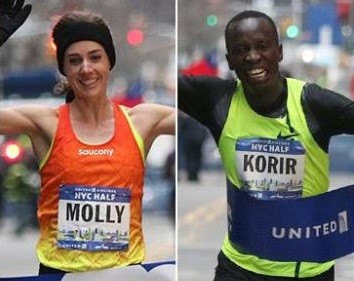
In addition to Linden, the Americans will be represented by two-time TCS New York City Marathon top-10 finisher Allie Kieffer, USATF champion and Pan American Games medalist Kellyn Taylor, 2018 Boston Marathon runner-up Sarah Sellers, and 2018 USATF Marathon champion Emma Bates.
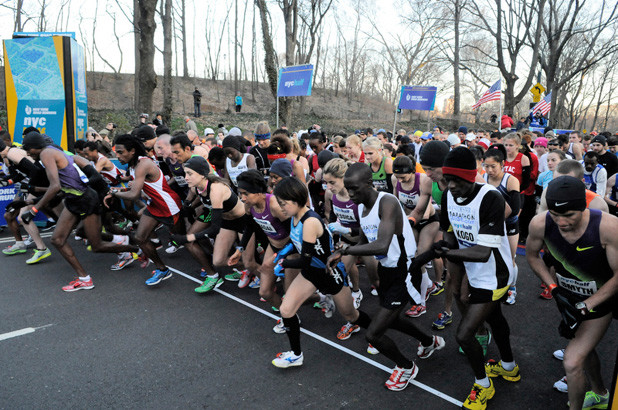
This year, runners will begin their journey on Prospect Park’s Center Drive before taking the race onto Brooklyn’s streets.
For the second year in a row, the course will take runners over the Manhattan Bridge and up the FDR Drive before a crosstown dash on 42nd Street and a turn north on 7th Avenue, through Times Square, and into Central Park.
This year’s less hilly Central Park route finishes just north of Tavern on the Green and will feature a shorter post-race walk-off for runners to exit the park and start their celebrations.
Login to leave a comment
United Airlines NYC Half-Marathon
The United Airlines NYC Half takes runners from around the city and the globe on a 13.1-mile tour of NYC. Led by a talent-packed roster of American and international elites, runners will stop traffic in the Big Apple this March! Runners will begin their journey on Prospect Park’s Center Drive before taking the race onto Brooklyn’s streets. For the third...
more...Sarah Sellers has confirmed she will be running the 2019 Boston Marathon
In April, Sarah Sellers started the Boston Marathon with the elite female runners — it was just her second career marathon — and posted a surprising second-place finish.
At the 2019 race, she will return as part of the John Hancock US Elite Team. Sellers’s appearance was announced Tuesday along with the rest of the top American runners John Hancock, the race’s primary sponsor, will bring to Boston as part of its elite runner program.
Sellers will join Desiree Linden, whose intention to return to defend her victory was previously announced, and 2017 third-place finisher Jordan Hasay as the top American women in the field for the 2019 Boston Marathon on April 15. Sarah Hall, the 2017 US National Marathon champion, is also part of the team.
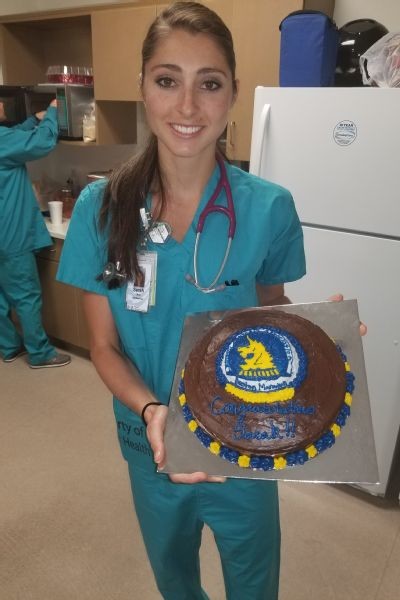
Flash Back: Sellers crossed the finish line in second place at the prestigious 26.2-mile race in rain-soaked conditions as a virtual unknown. Few online road-race results existed for Sellers, and she was not listed among the elite field. In the wet and windy conditions, Sellers wore a nondescript outfit, with no visible sponsors, and simply clicked the timer on her watch after crossing the finish line.
Her time of 2 hours 44 minutes 4 seconds left her in second place, and she was among seven American women in the top 10. Desiree Linden was the first American woman to win the race since 1985, a historic finish in a race full of surprises.
Login to leave a comment
Sarah Sellers has changed her training schedule getting ready for the New York City Marathon
Login to leave a comment
Sarah Sellers is ready to compete at Runner’s World 5K
Login to leave a comment
Ethiopia's Shura Kitata runs fastest half in US and Linden are winners at Rock ’N’ Roll Philadelphia Half Marathon
Login to leave a comment
Mary Keitany win the NYRR New York Mini 10K by over one minute
Login to leave a comment
Molly Huddle will head one of the best professional athlete fields at the New York Mini 10K
Login to leave a comment
Catching Up with Sarah Sellers, her life has changed since placing Second in Boston
The last time we checked on Sarah Sellers, she was being deluged with worldwide media requests and coping with overnight fame in the wake of her stunning second-place finish in the Boston Marathon.
More than a month later, the nurse who came out of nowhere to defeat world and Olympic medalists in the world’s most famous road race is still riding the wave she created in Boston.
She now has her own Wikipedia page, an agent, a weekly podcast and a shoe deal. She has an invitation to ride the lead float in a Phoenix parade this fall.
She has received calls from Oakley and Timex, among other companies, about endorsing their products. And the interviews continue. During the broadcast of the London Marathon, she got up in the middle of the night to do live interviews for BBC radio and TV (after performing jumping jacks to wake herself).
Sellers has been invited to run road races on the pro circuit, and this time she won’t have to pay her entry fee or expenses, as she famously did at Boston. Her first post-Boston race will be the New York Mini 10K (all women) on June 9; her second will be Salt Lake’s Deseret News 10K in July.
She hasn’t chosen her next marathon, but she has an offer from the Gold Coast Marathon in Australia, among others. Sellers is a hot commodity in running circles and her anonymity is long gone.
Hey, aren’t you that marathoner? According to her agent, Bob Wood, Sellers had 6.9 million Google searches for her name the first two days after the Boston race. “It’s been a life-changing thing,” says Wood.
“She’s got so many people who want a piece of her, and she’s been very accommodating.” Sellers, an Ogden native, has returned to work as a nurse anesthetist at Banner-University Hospital in Tucson, while also training at an elite level for professional road races.
She still does her training runs at 4 a.m. before she goes to work, and, if she is doubling that day, she’ll run again in the evening after work. When she isn’t running or working, she’s trying to respond to the demands of fame.
“I’m just trying to respond to all the messages,” she says. “Sometimes I feel like I’m making progress, but I’m not. It’s been good and exciting, but this is added on top of trying to work full time and train. It’s not sustainable.”
by Doug Robinson/ Deseret News
Login to leave a comment
Top Finishers from Boston Marathon Des Linden, Sarah Sellers and Krista DuChene to Headline NYRR New York Mini 10K
Login to leave a comment
Sarah Sellers focus is now to qualify for the Tokyo Olympics after Boston
Sarah Sellers who came out of nowhere to finish second at the Boston Marathon, is turning her attention to trying to qualify for the 2020 Tokyo Olympics. Sellers, an Ogden (Utah) High School and Weber State graduate, initially wanted to hit the 'A' standard Olympic qualifying time of 2 hours, 37 minutes earlier this month in Boston.
As soon as she saw the weather — wet, windy and miserable — she abandoned that goal, but still hit the 'B' standard with her time of 2:44:04 (the 'B' standard is 2:45:00).
"I still don't feel like it's quite a reality yet, but I'm really excited because it's definitely very motivating to try really hard and to train smart, because there's a lot of really good marathoners in the U.S.," she said.
Sellers, a nurse anesthetist at Banner-University Medical Center in Tucson, Arizona, qualified for the Olympic trials, which will be held Feb. 29, 2020.
"I don't know what my potential is there, but I think I'm definitely motivated to do everything I can to do the best I can at the trials," she said. Sellers is taking it easy for a while to help her body recover from the marathon. She will try to incorporate things like strength training and biking, but doesn't anticipate running a race for awhile as she recovers.
Login to leave a comment
So who is Sarah Sellers who place second at this year’s Boston Marathon?
Login to leave a comment


